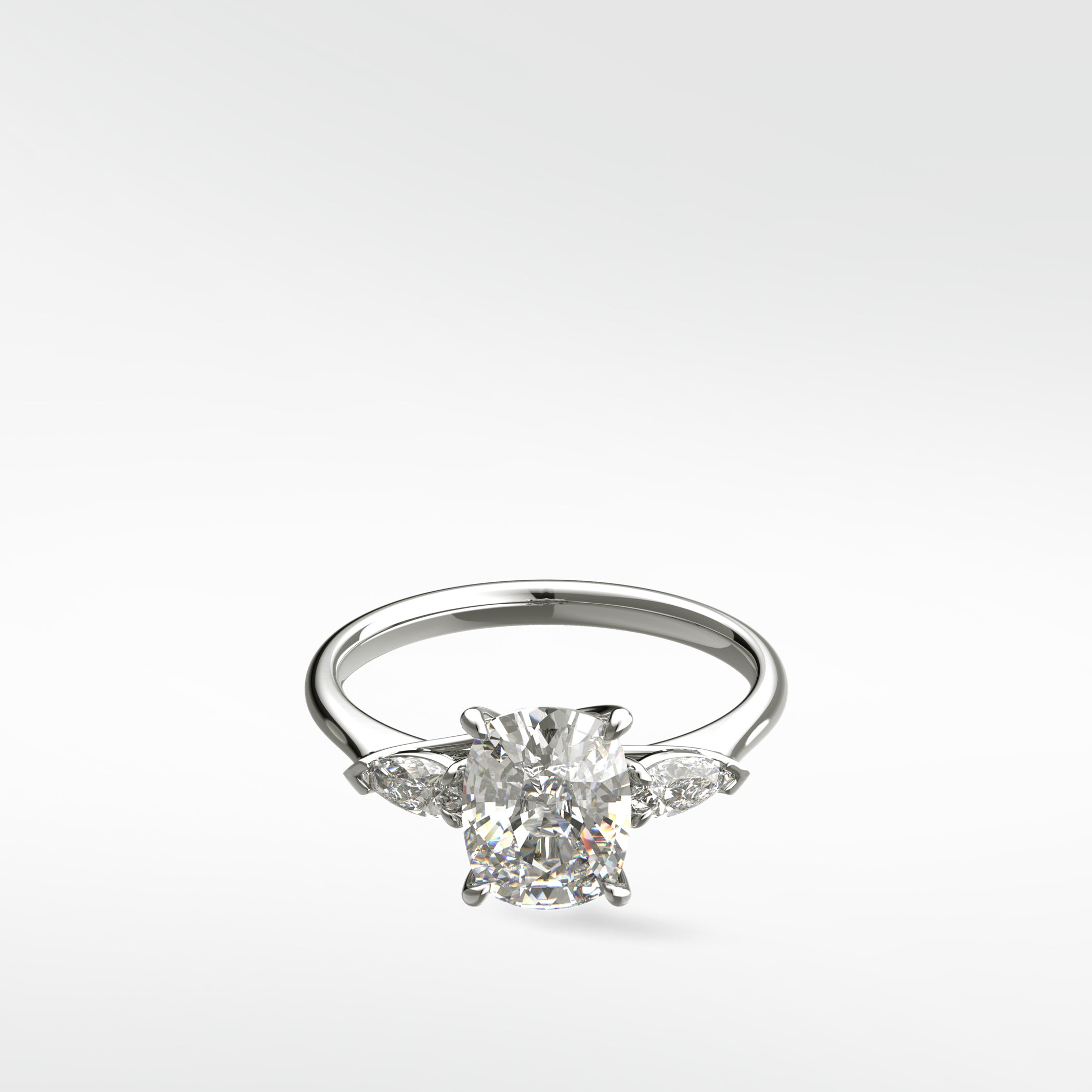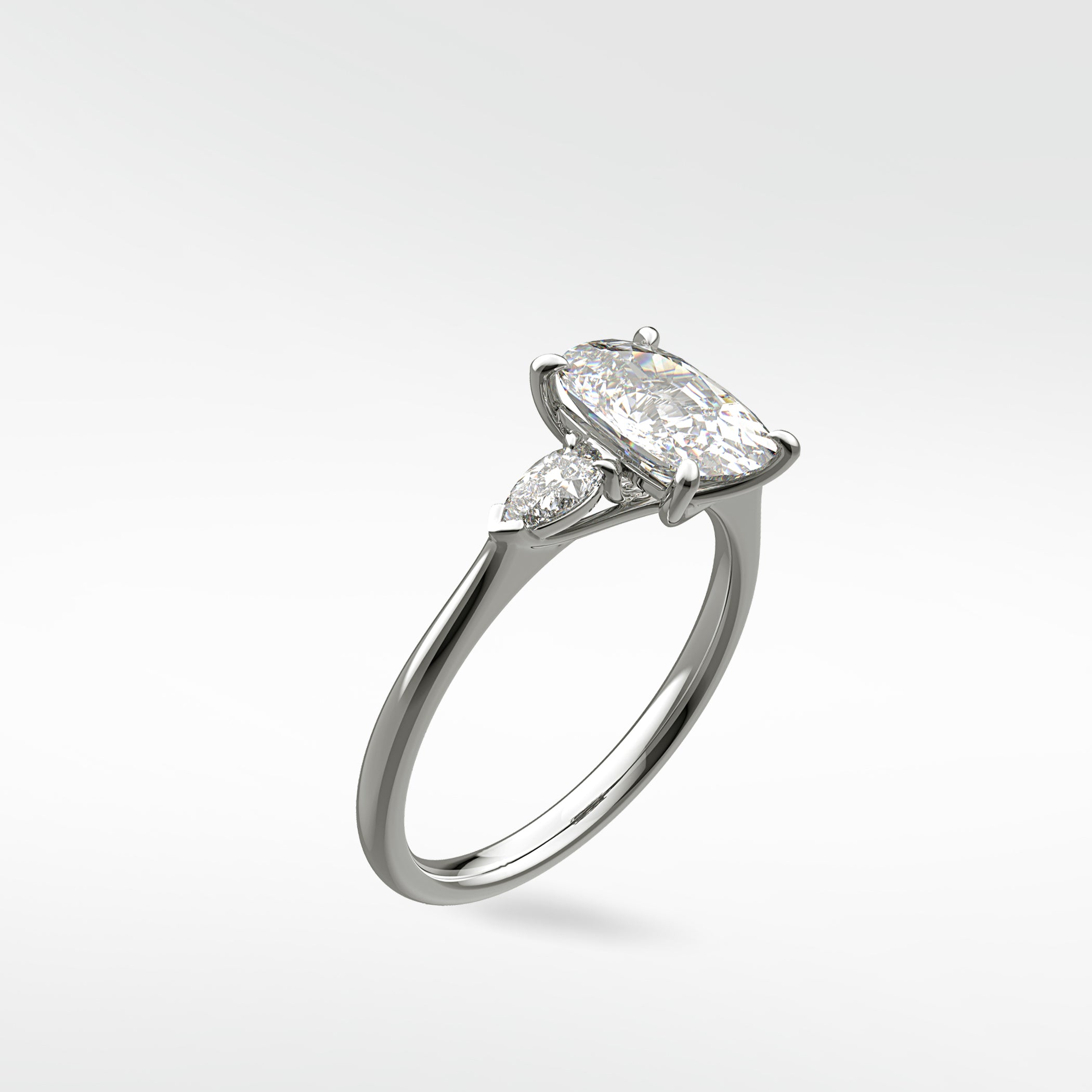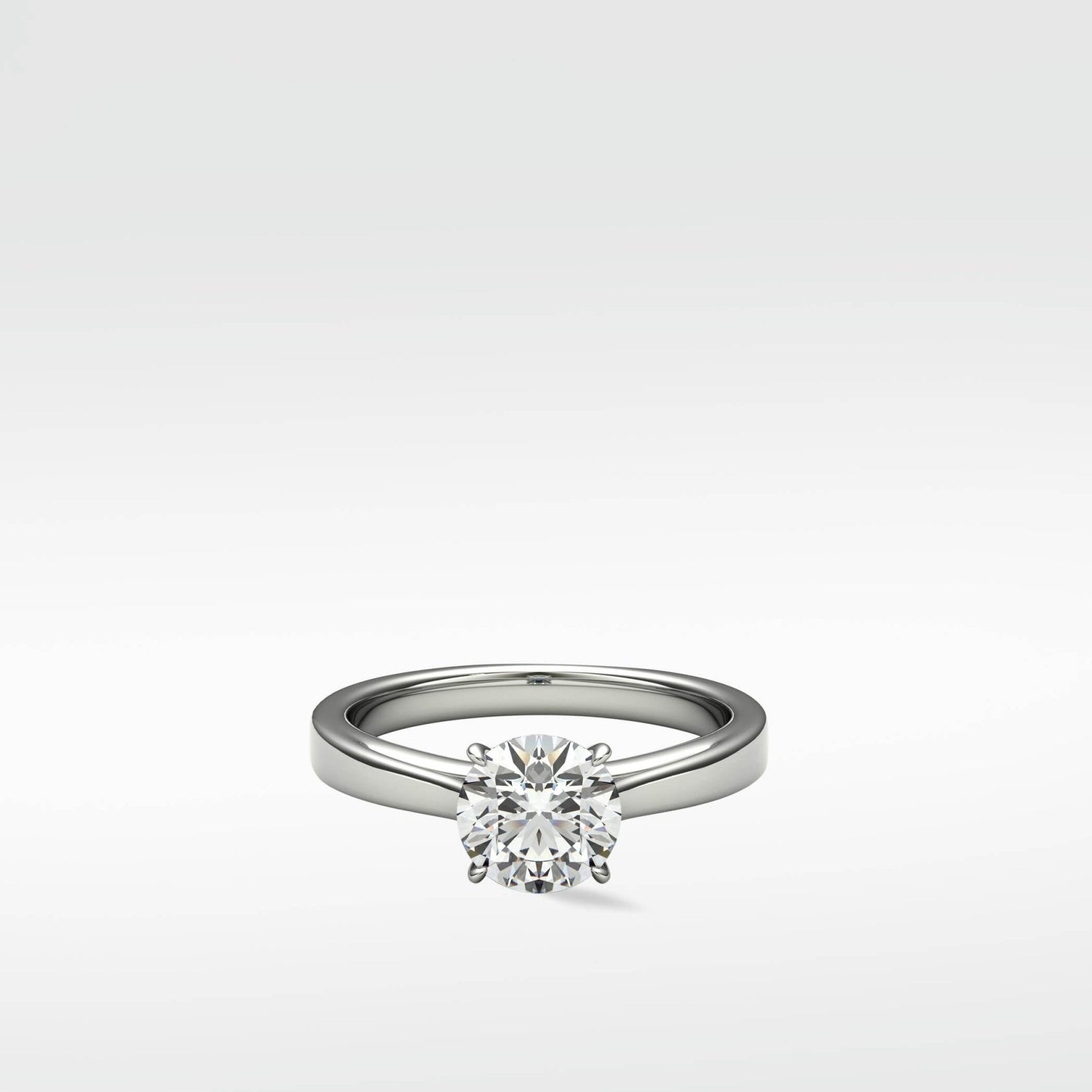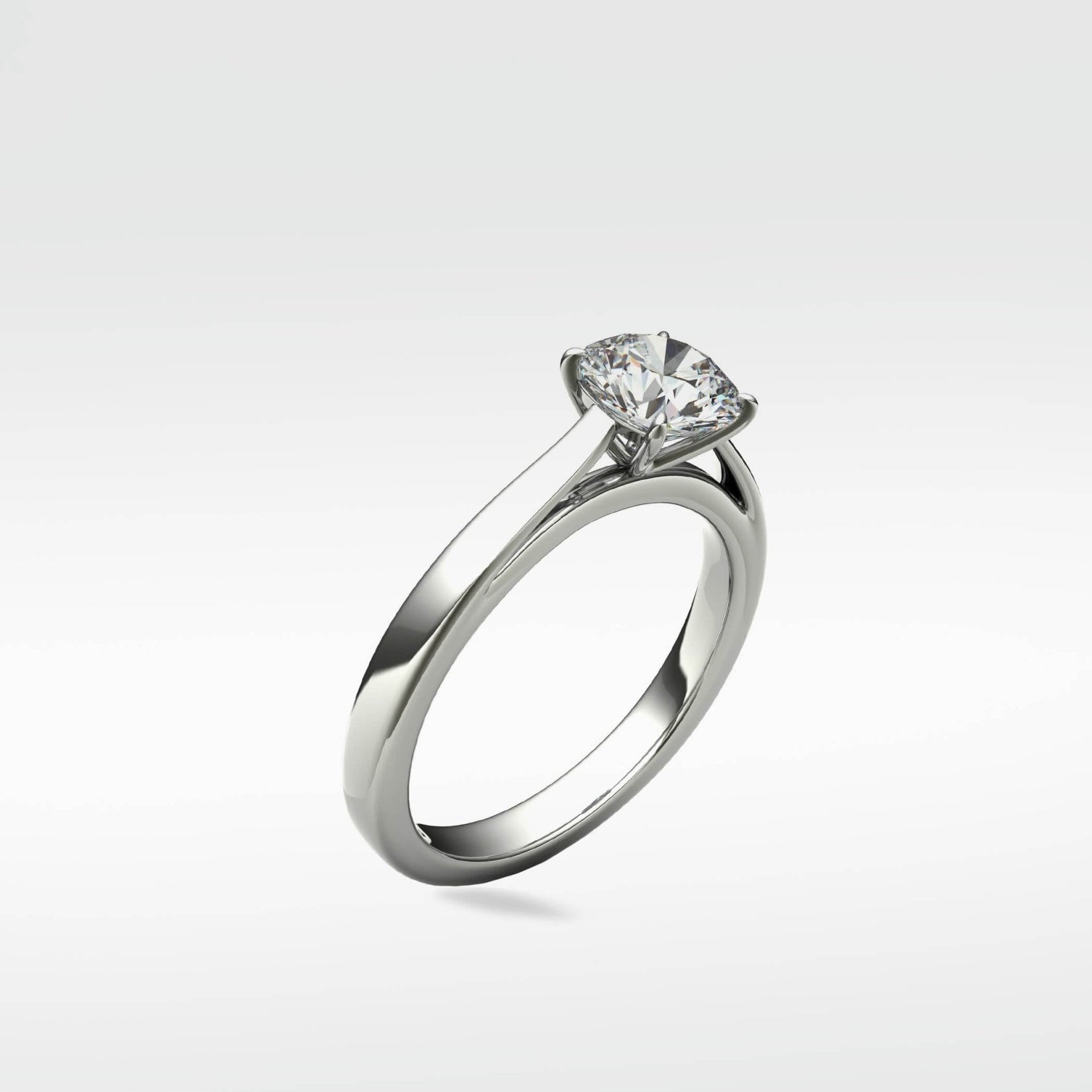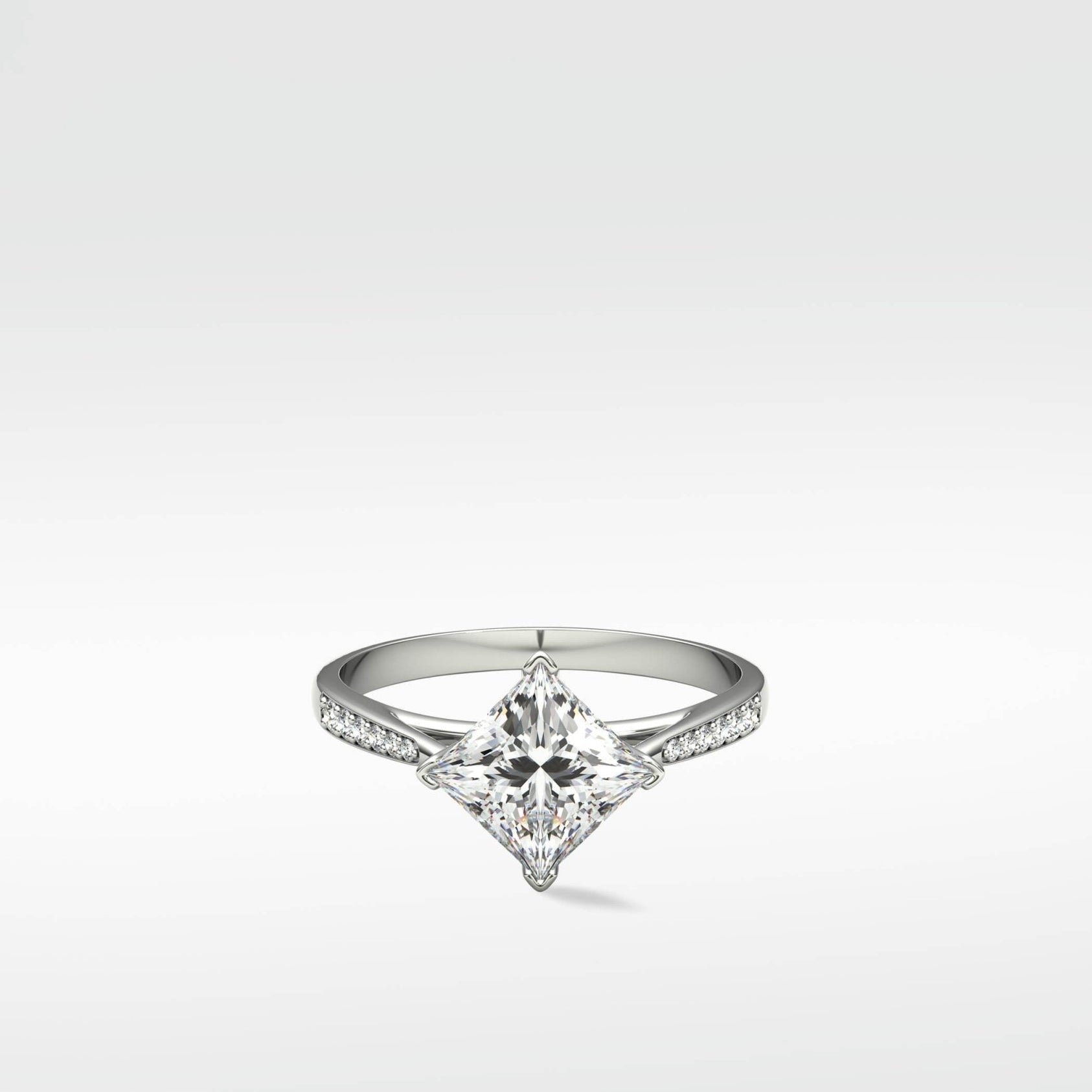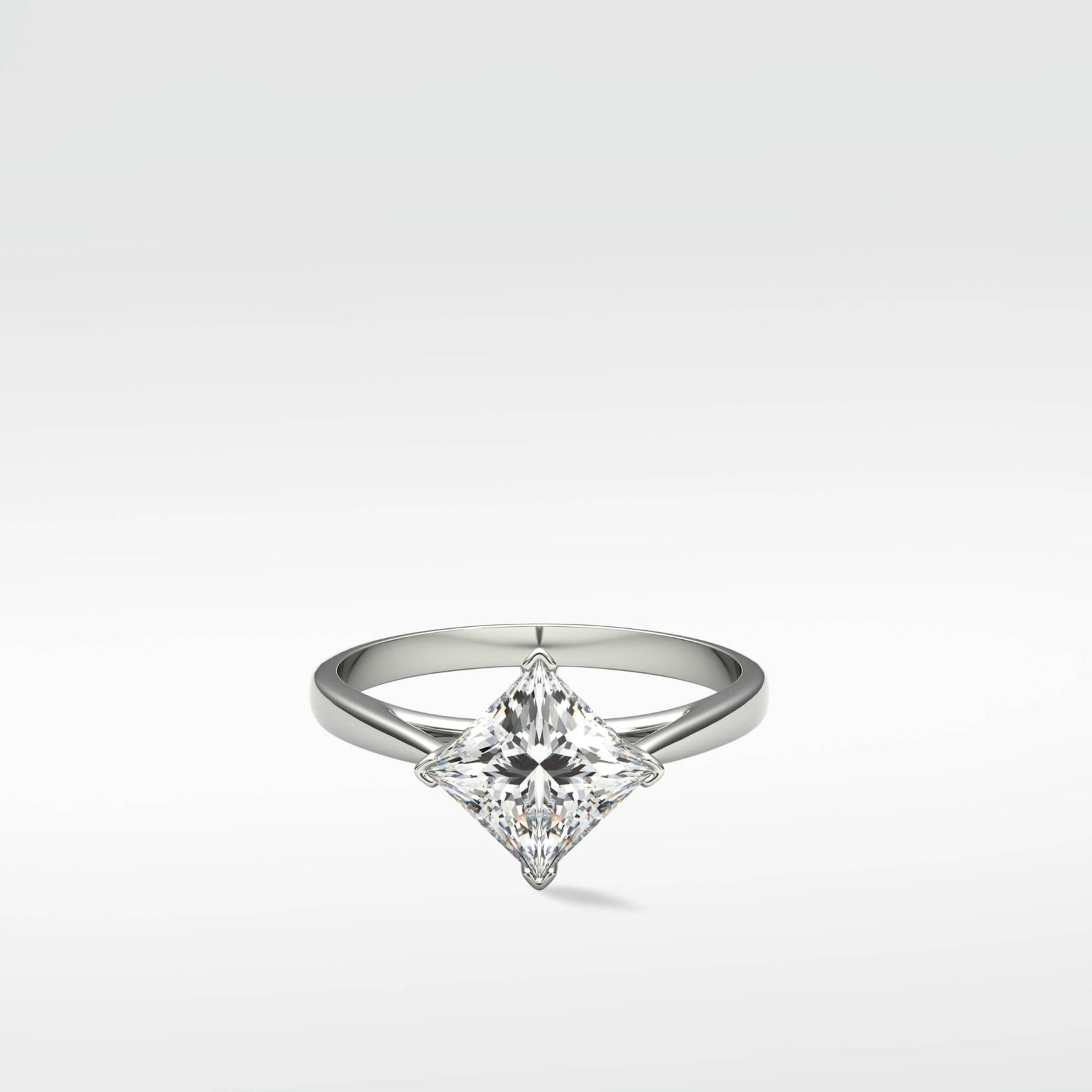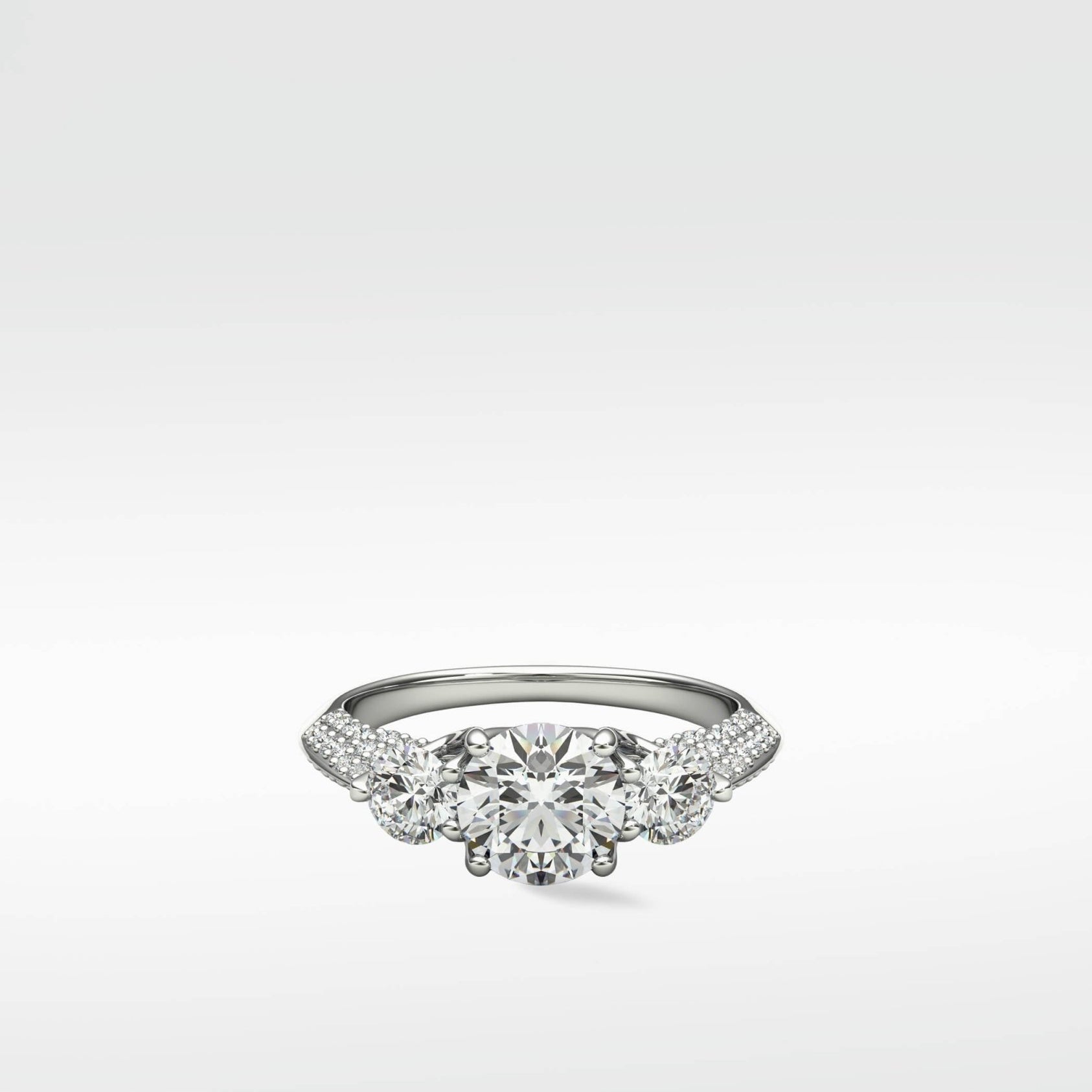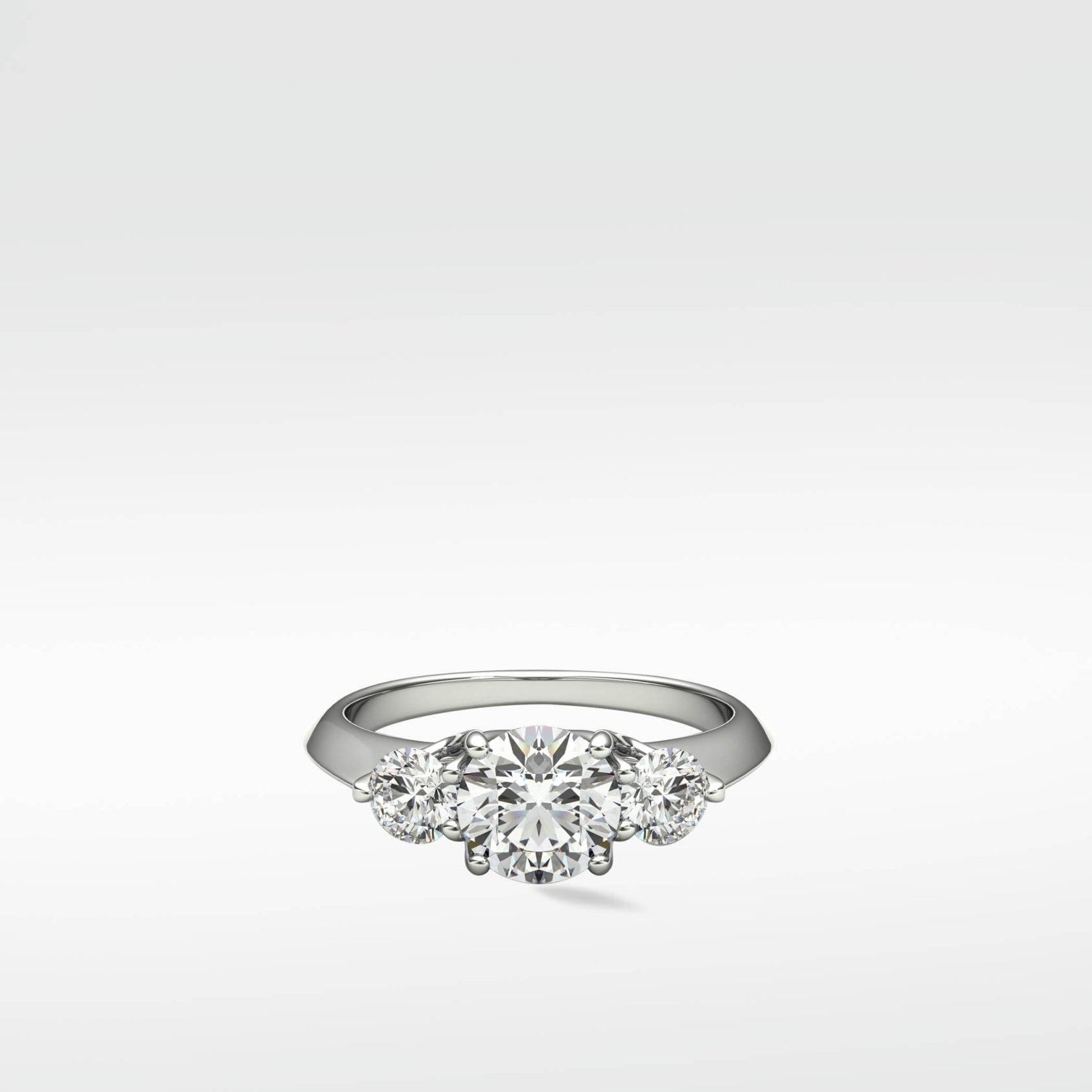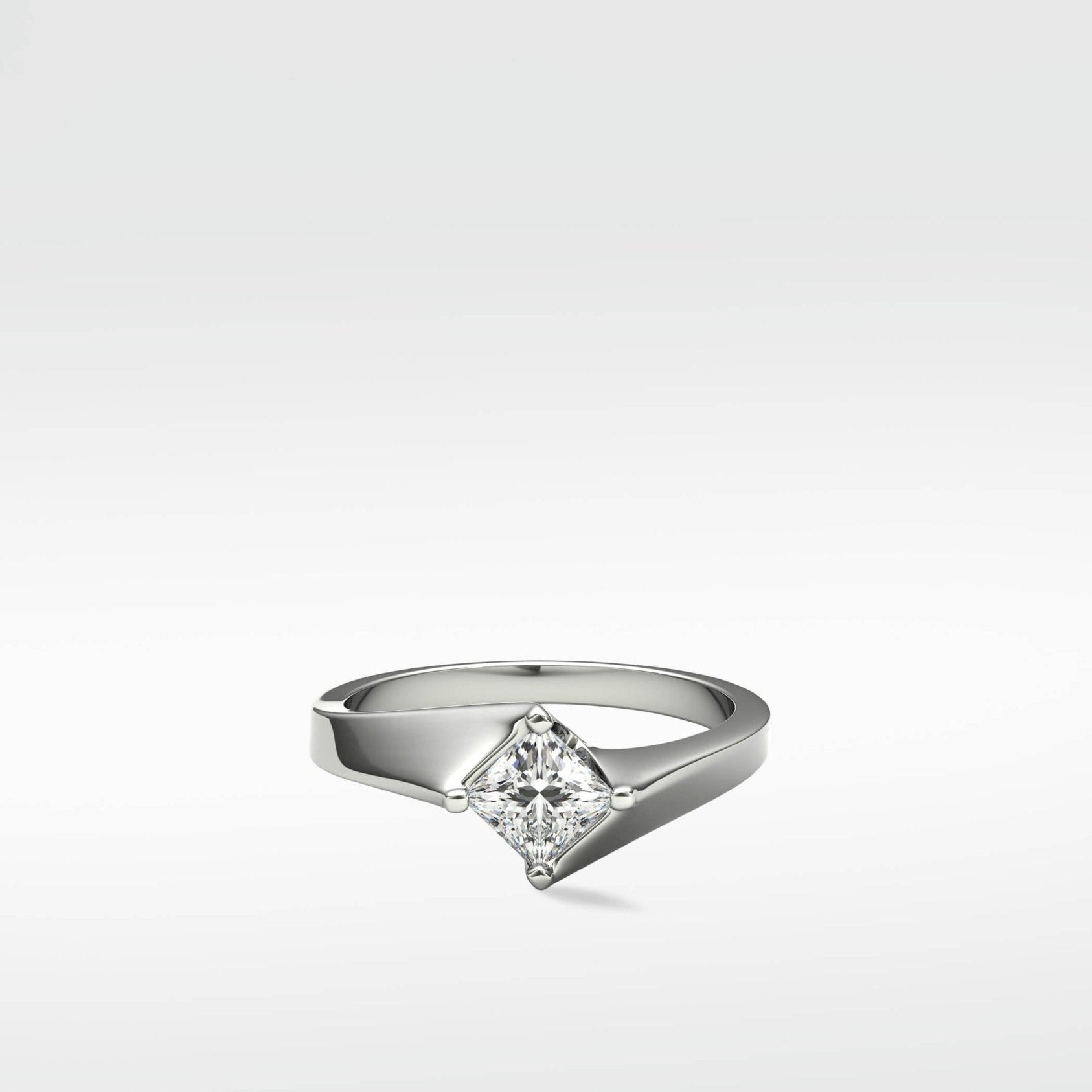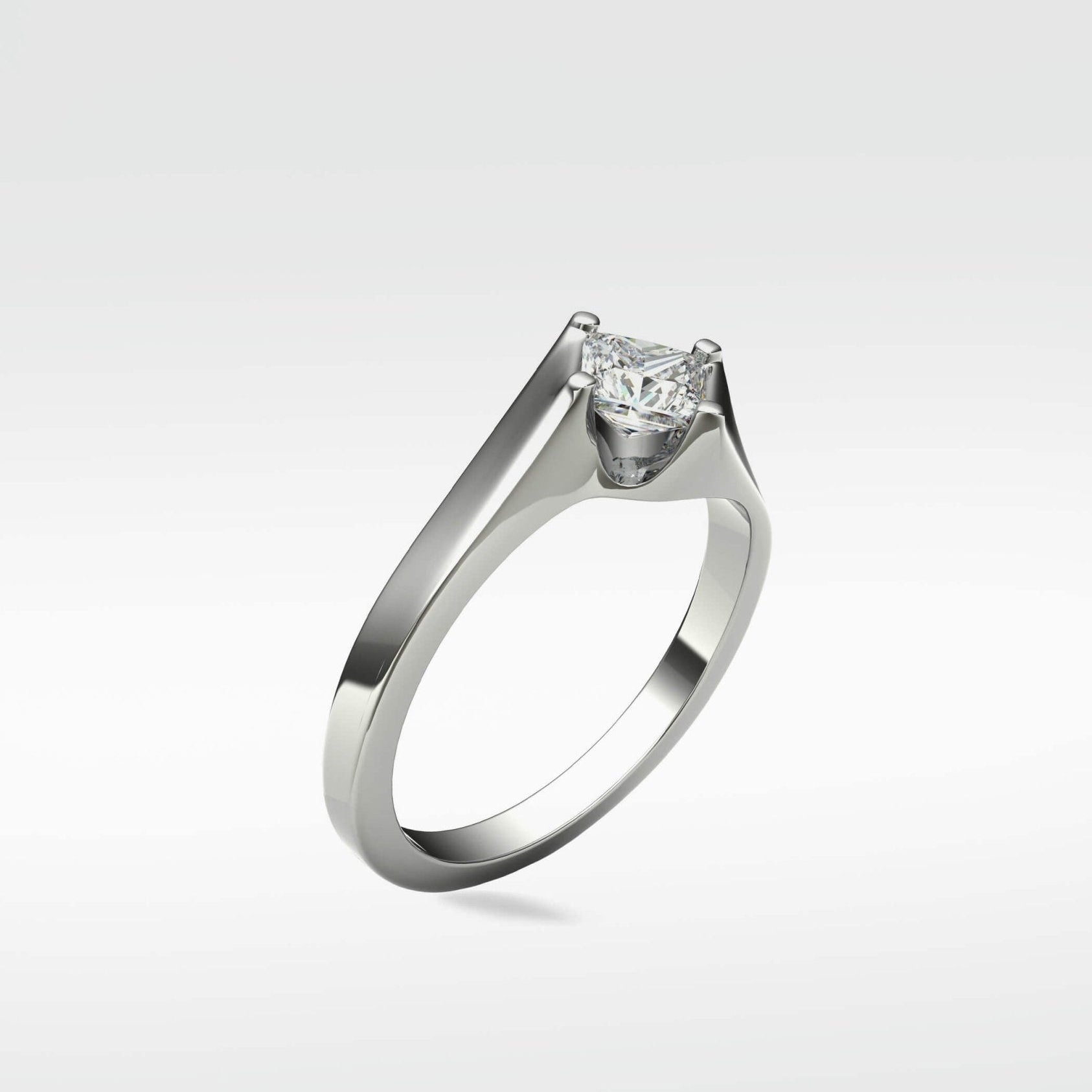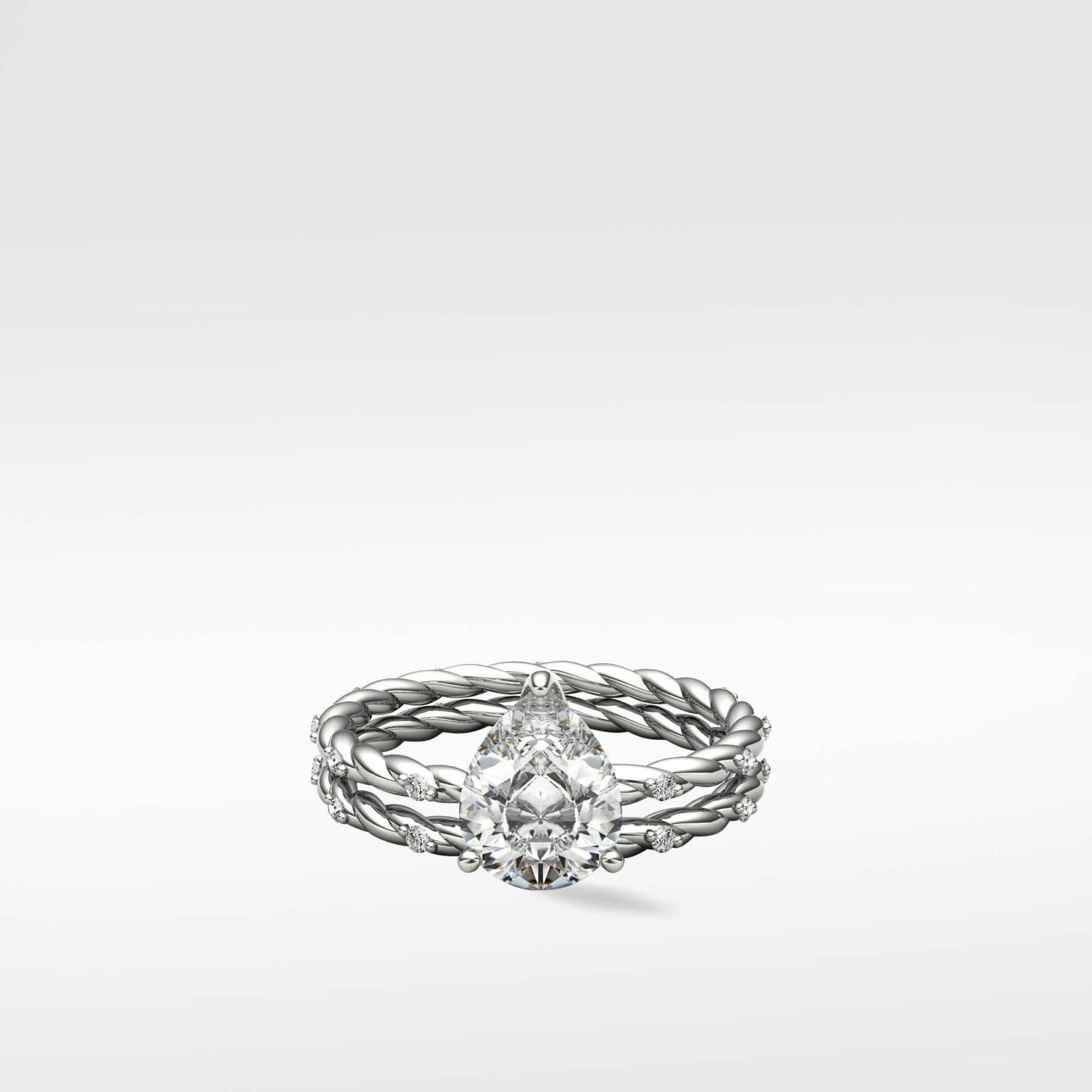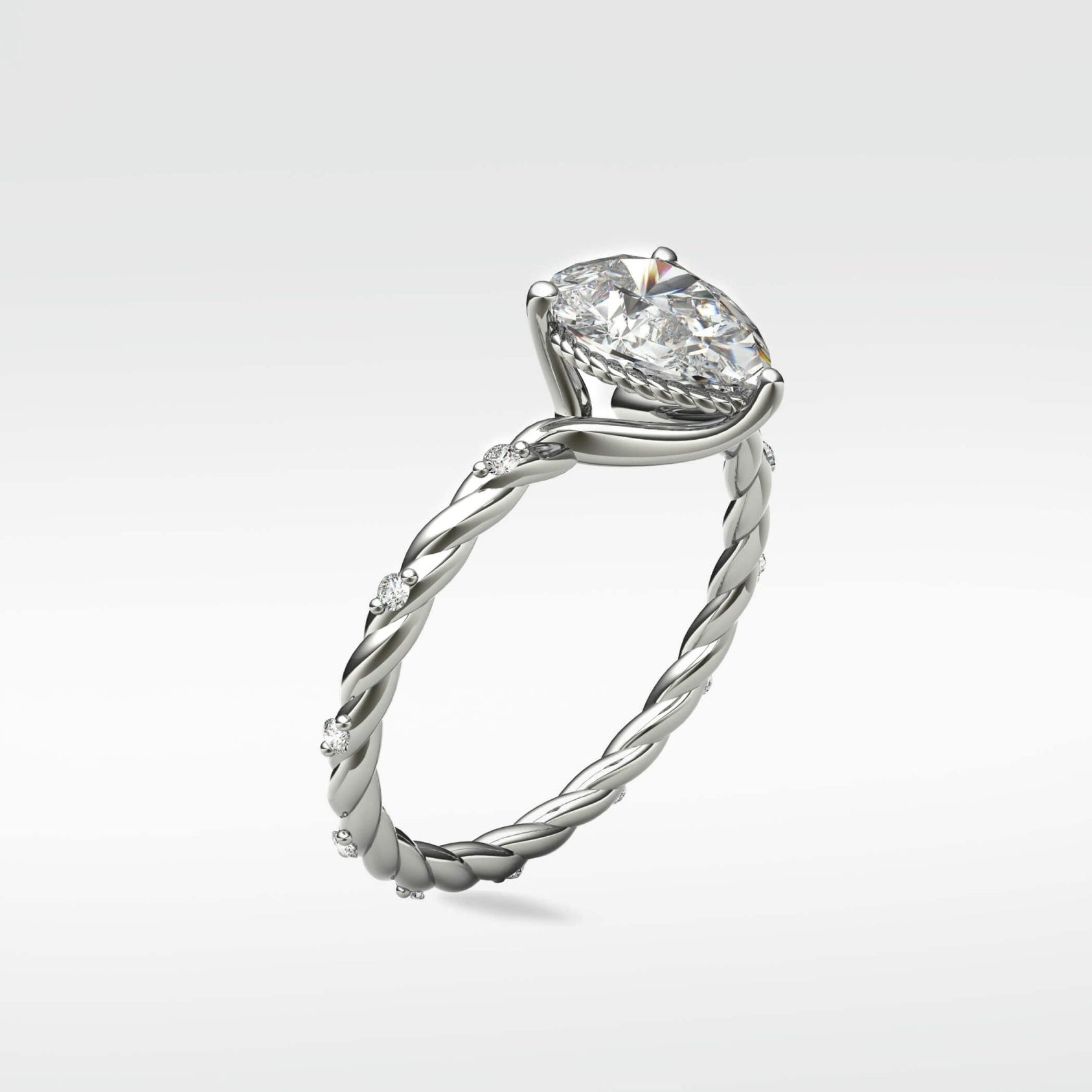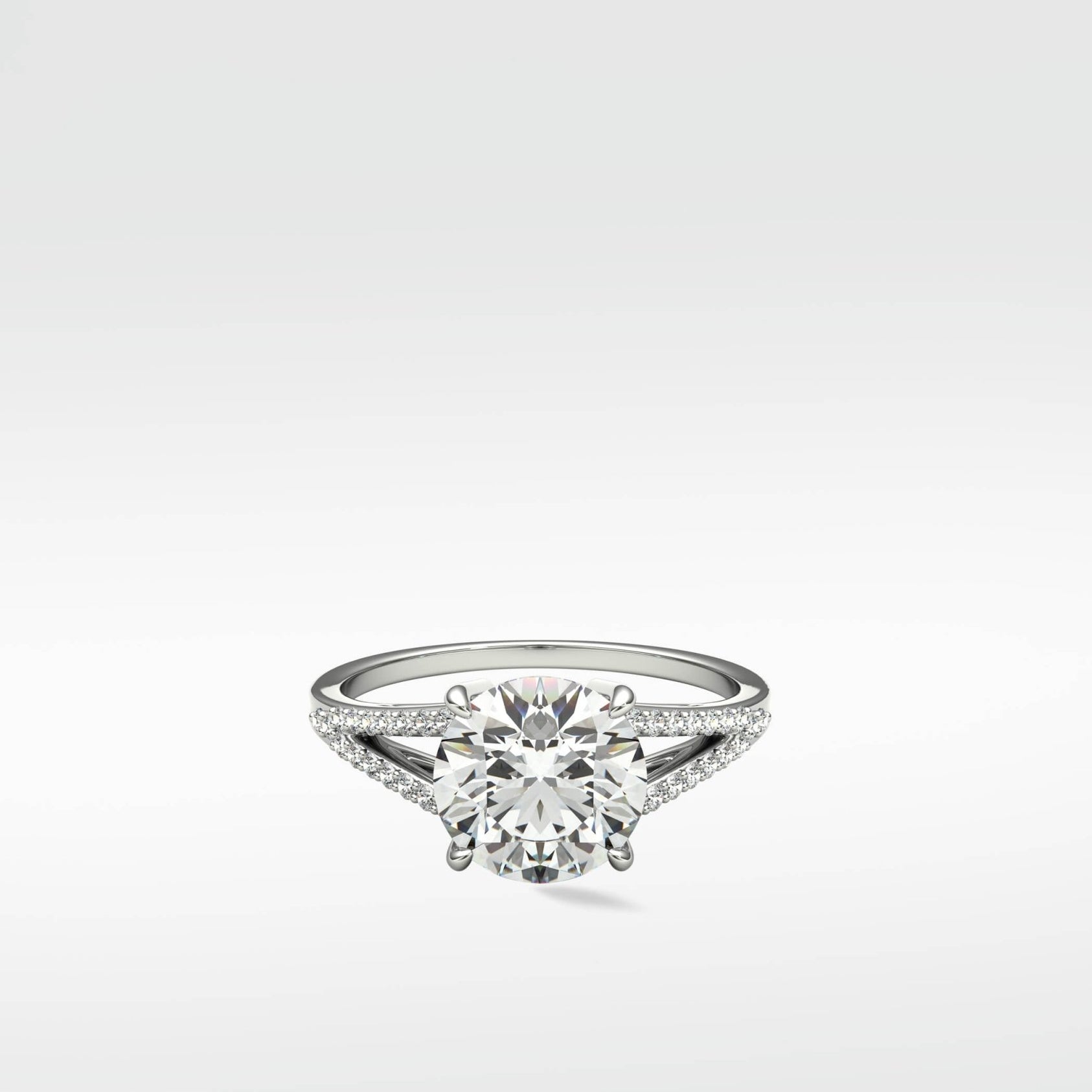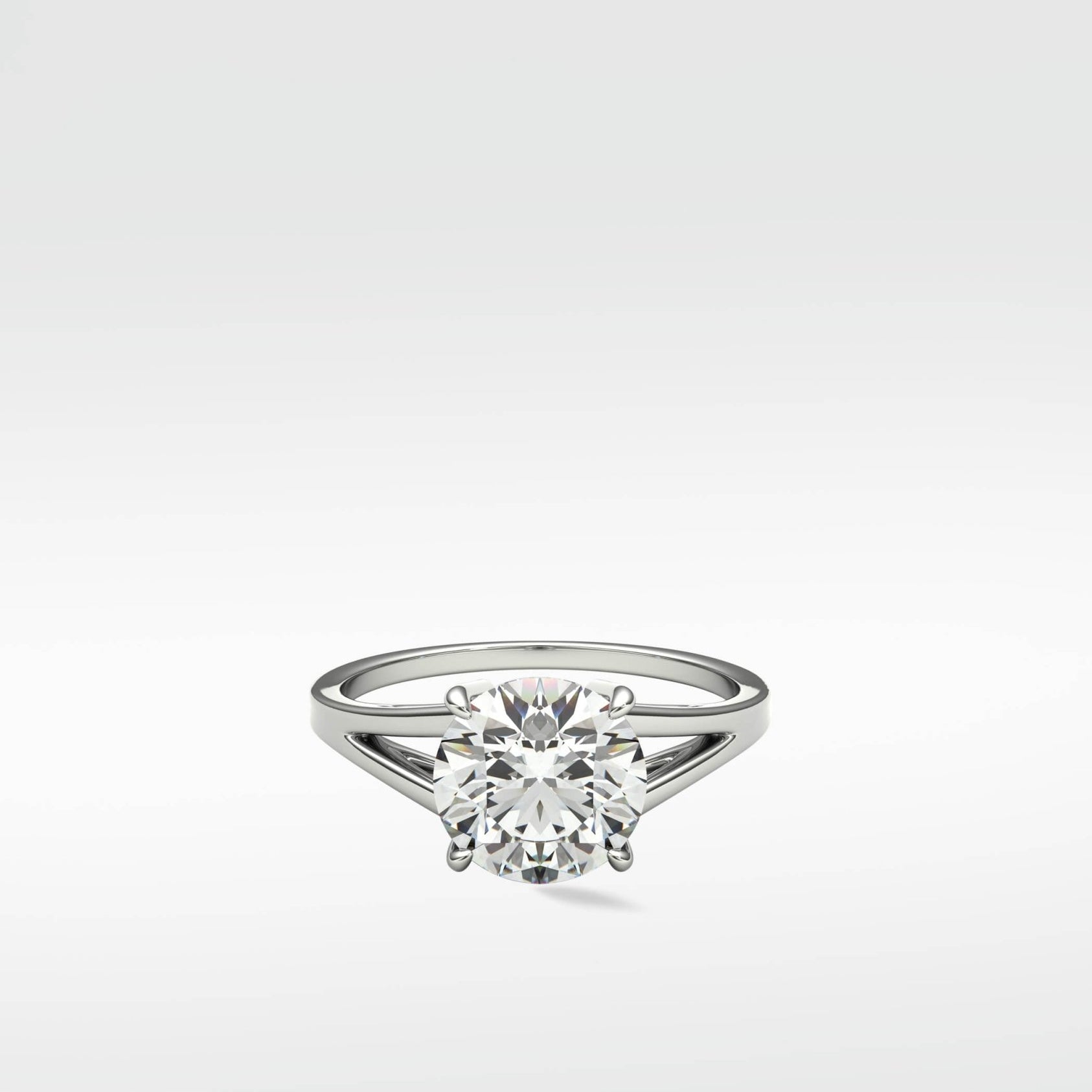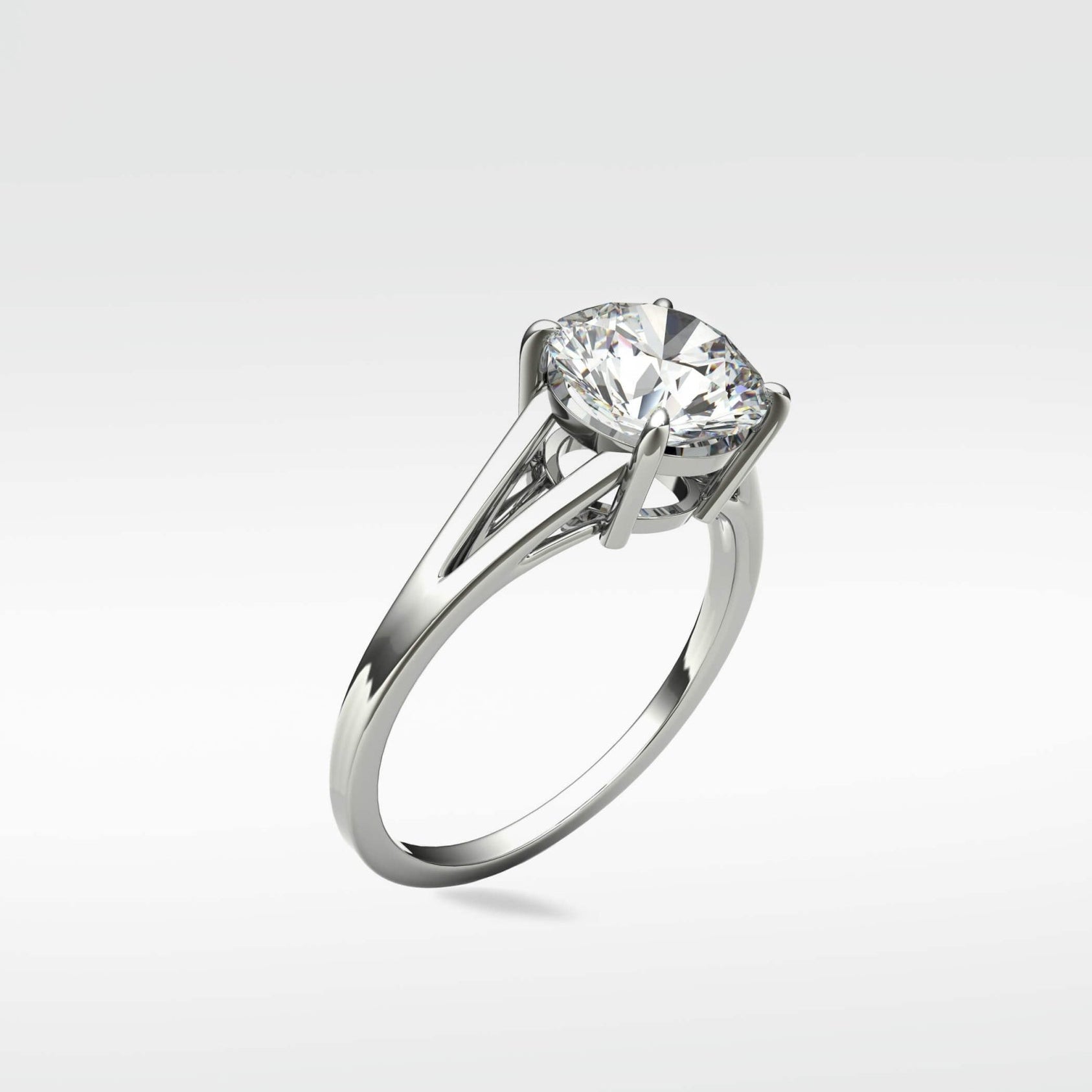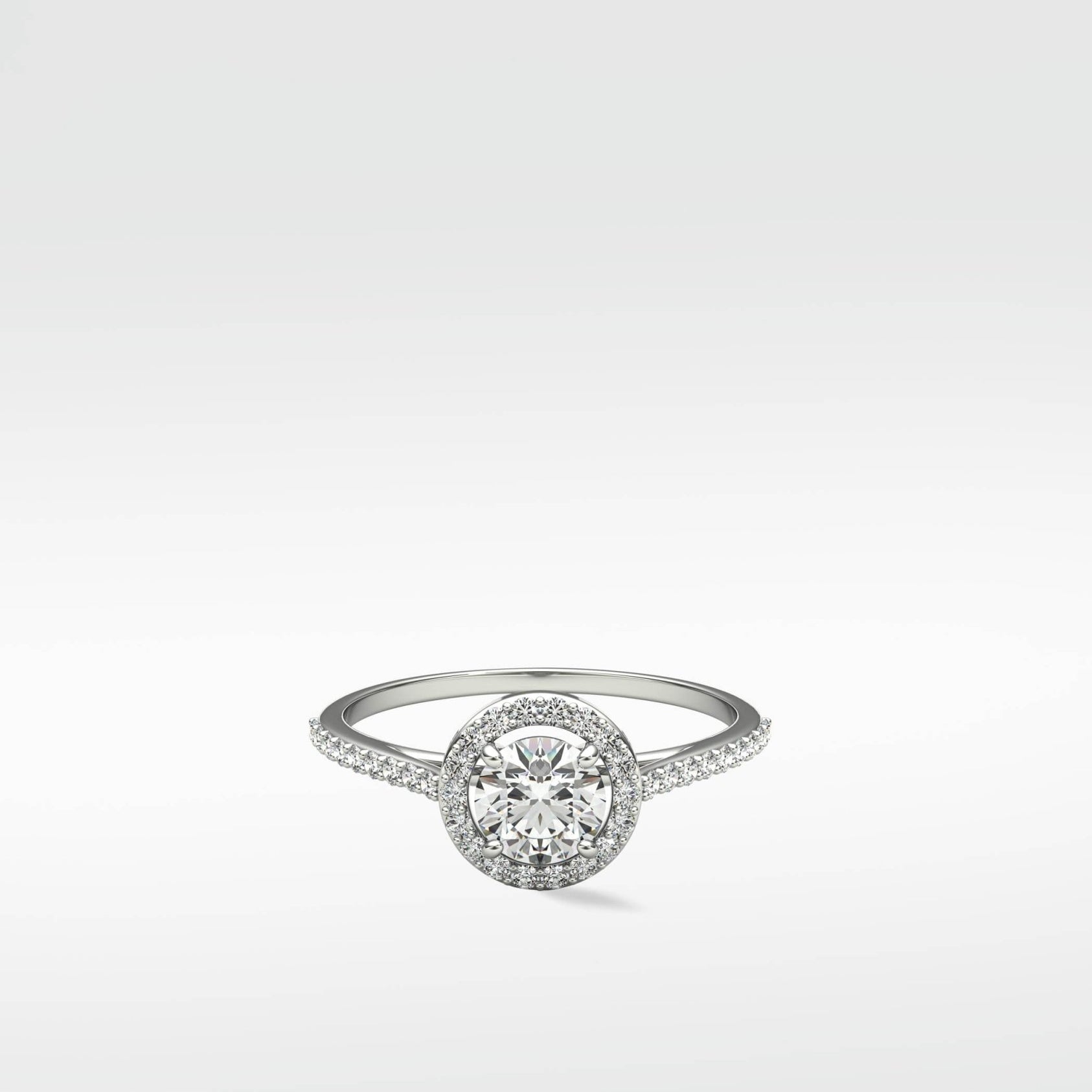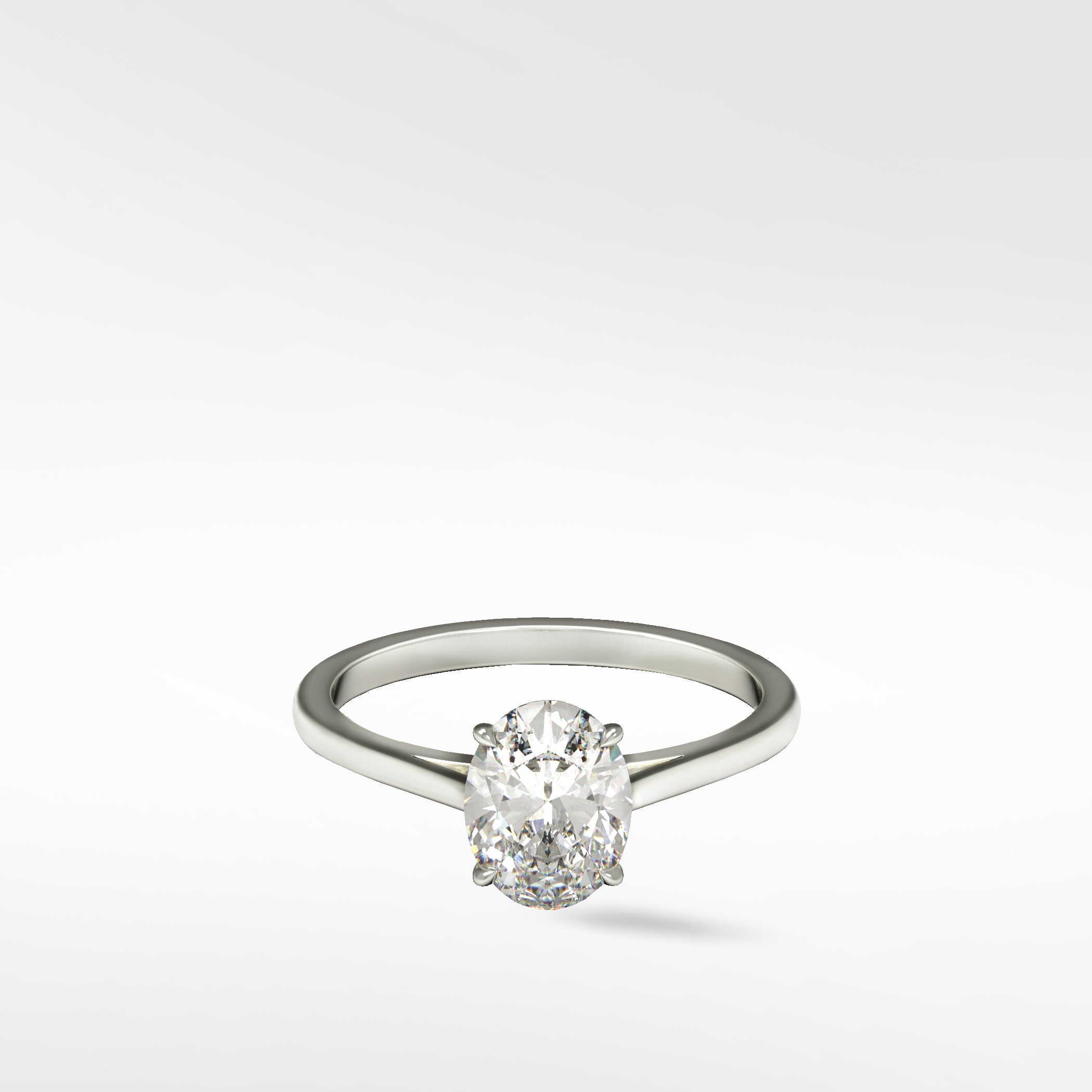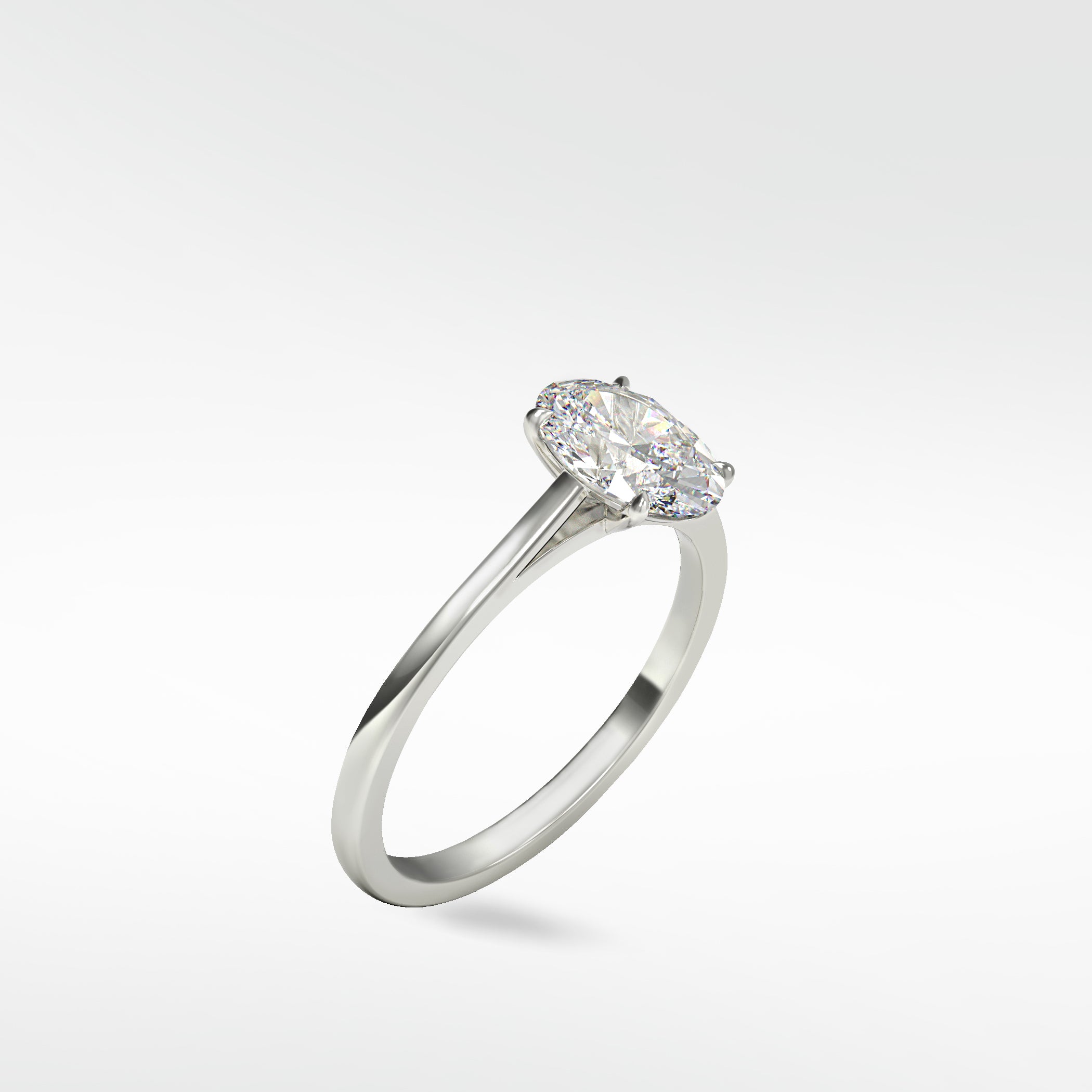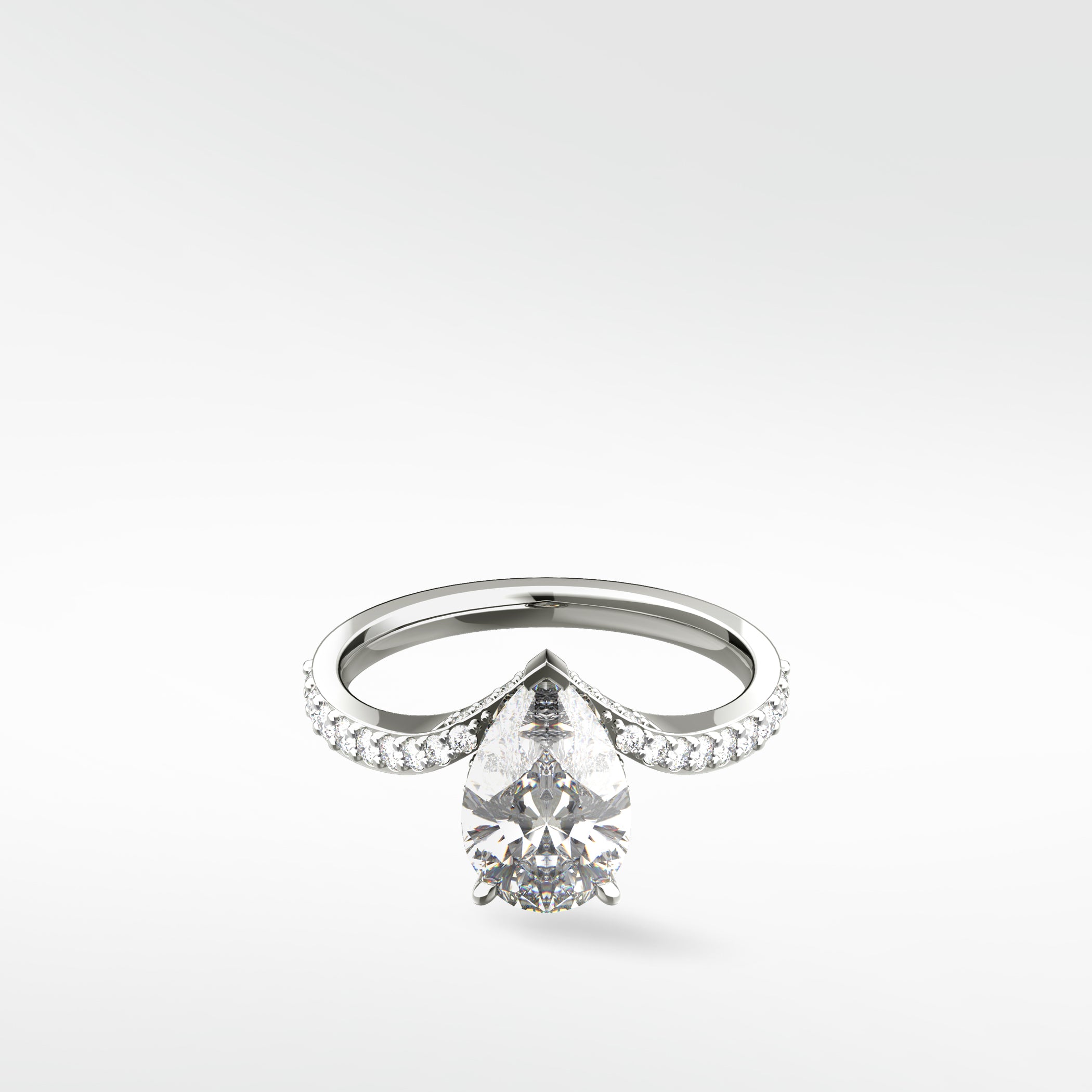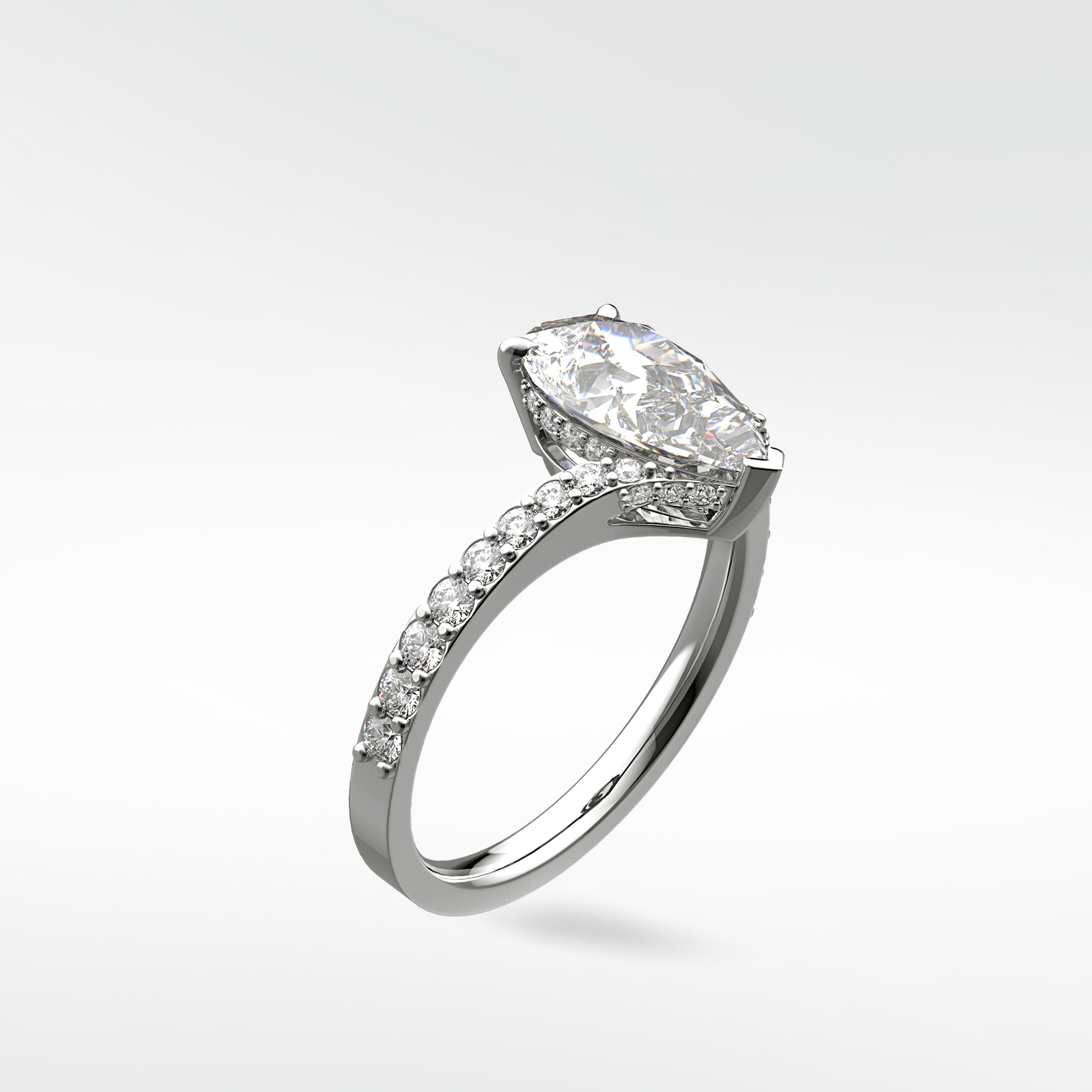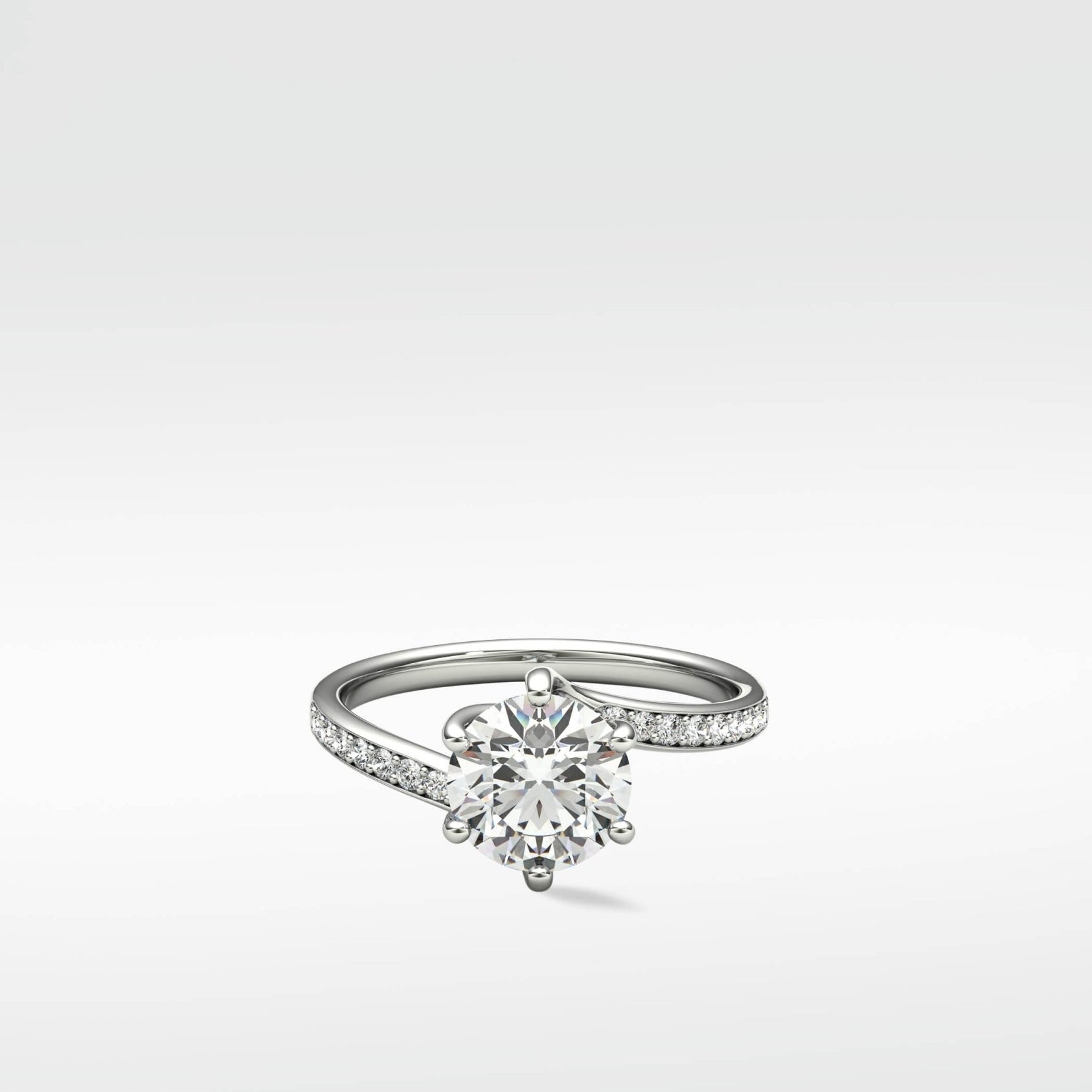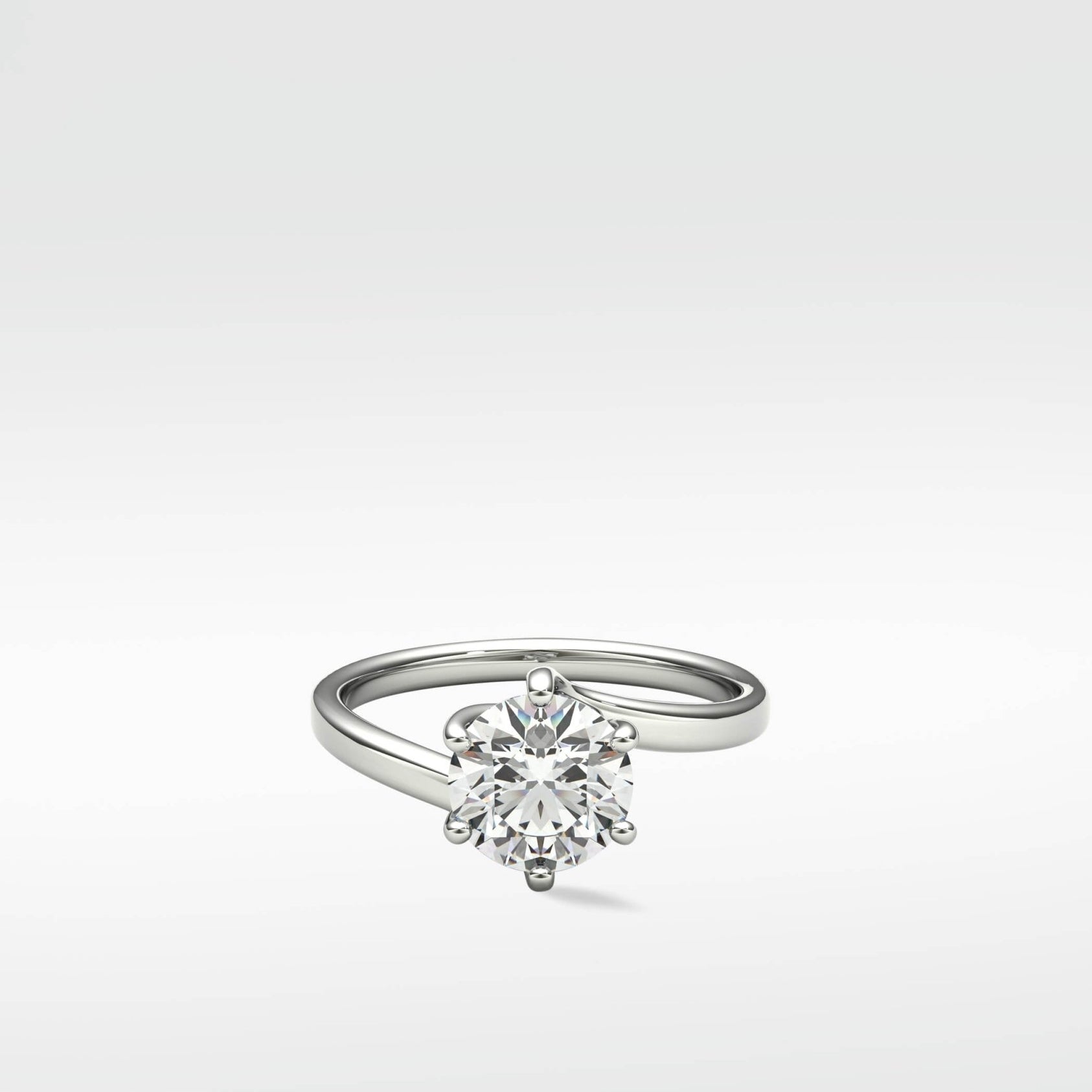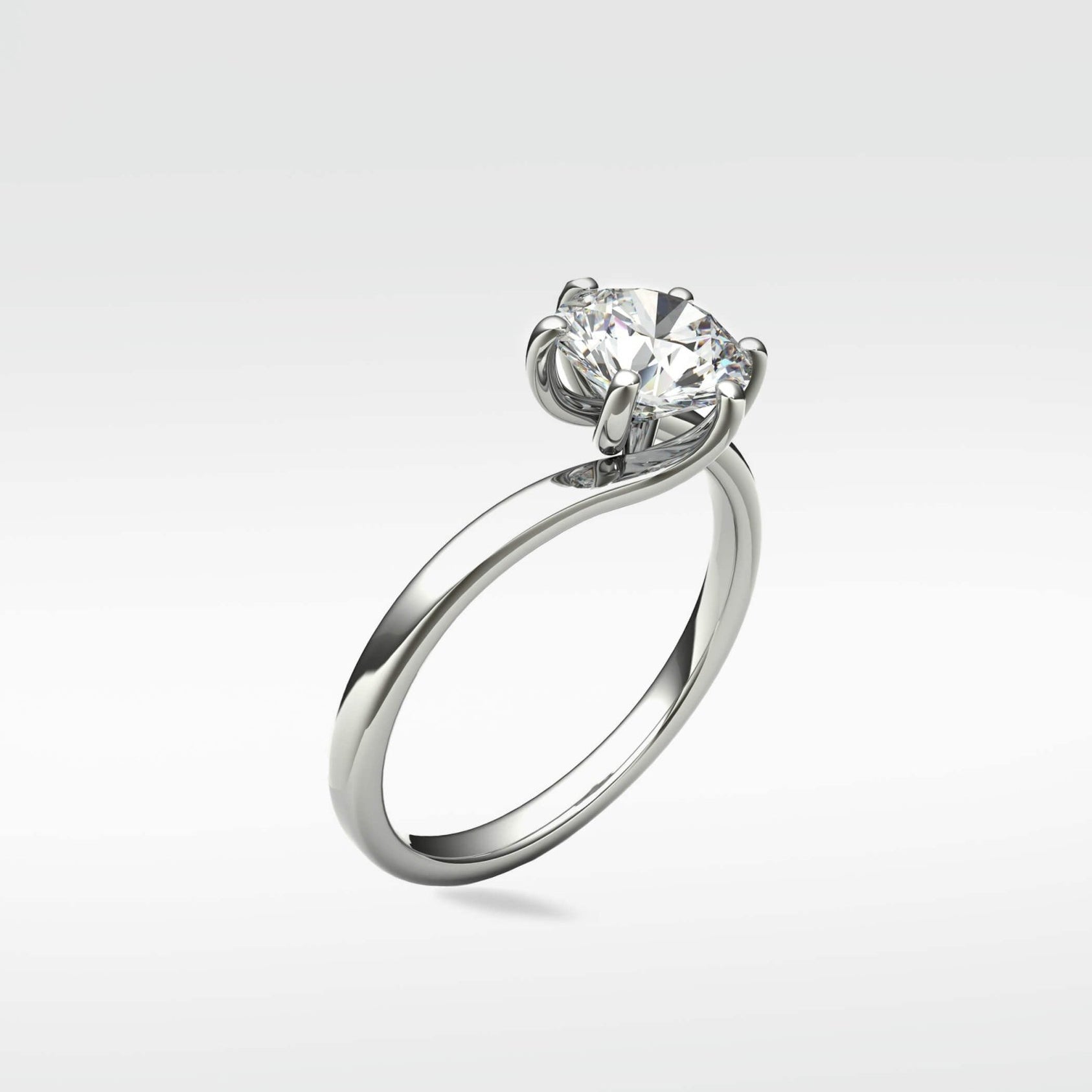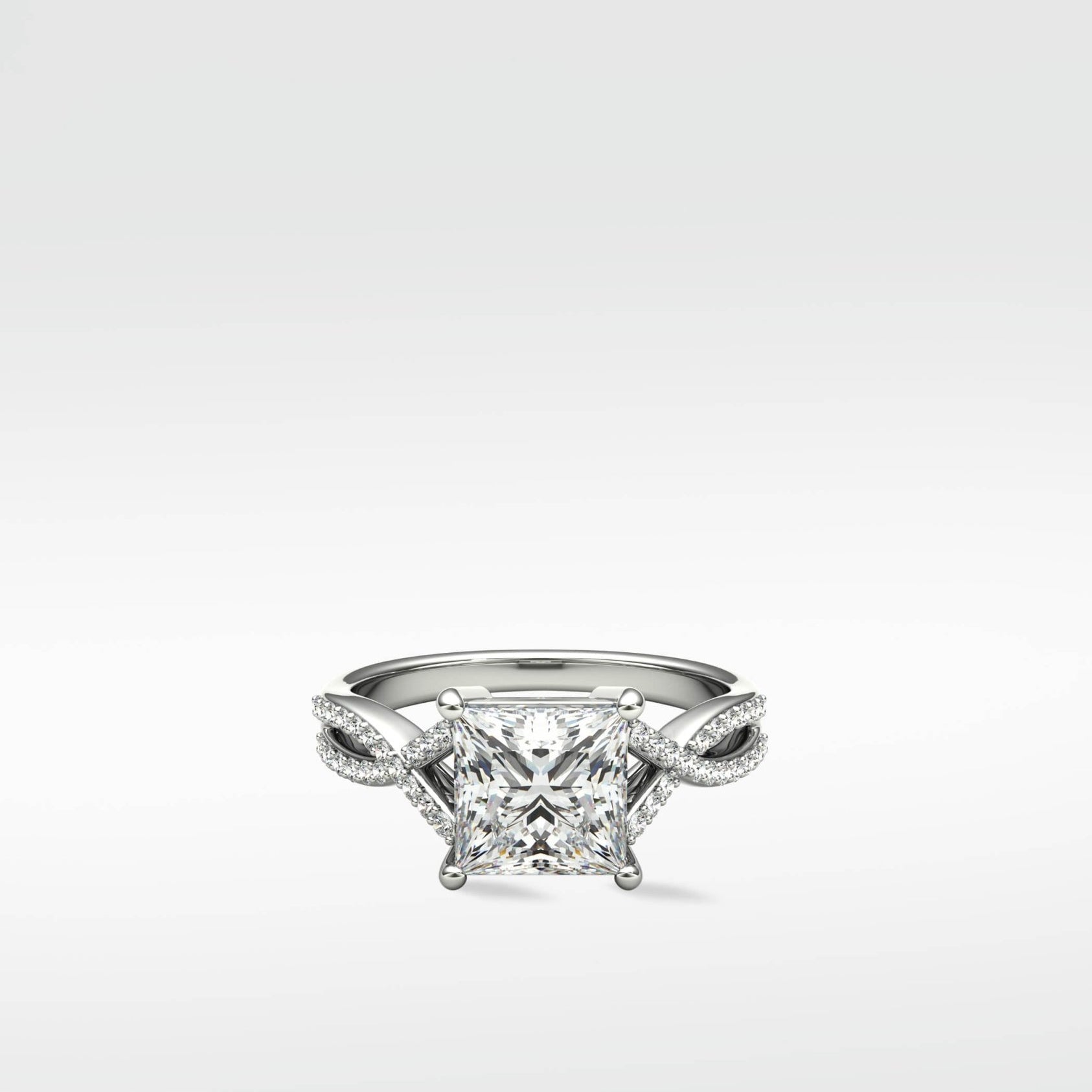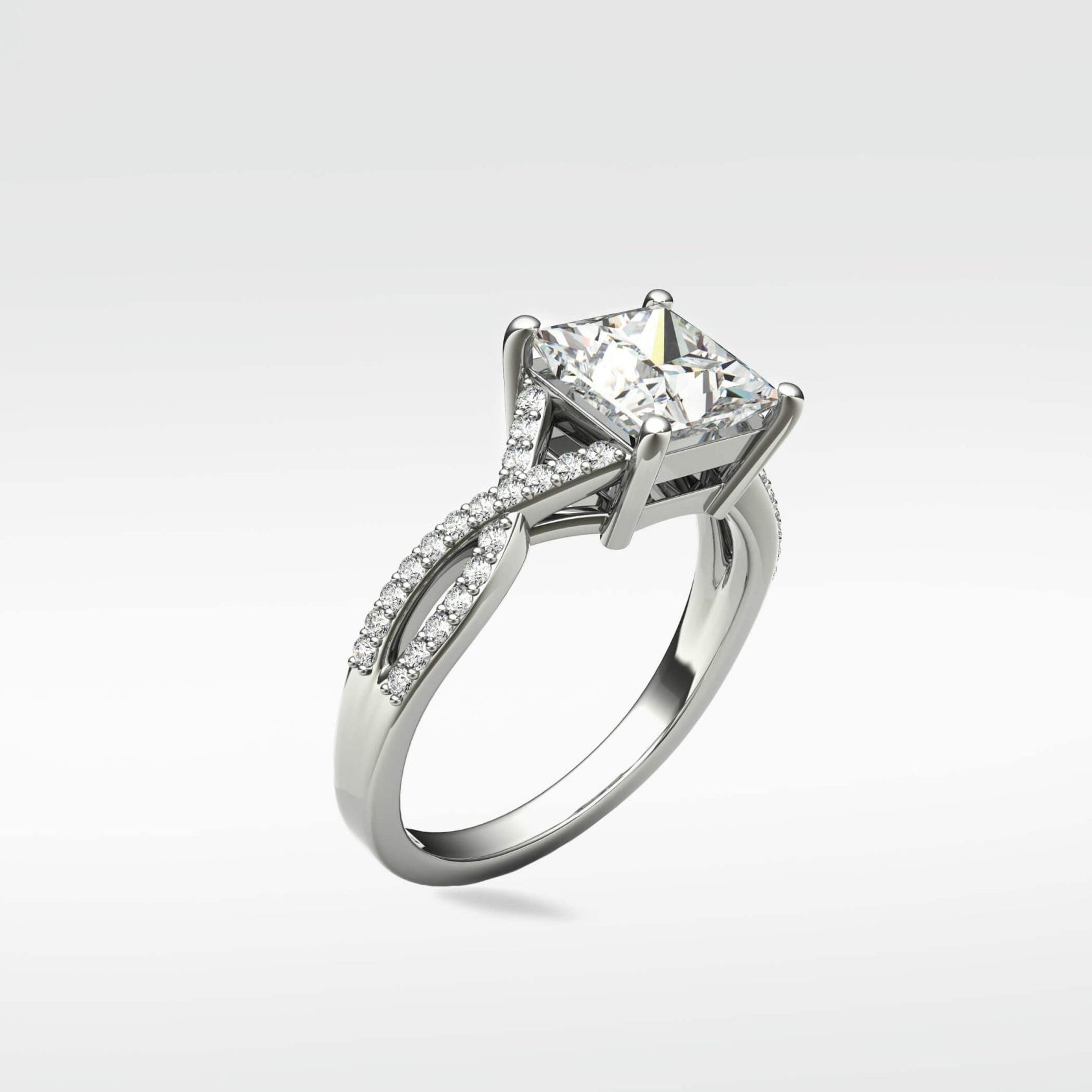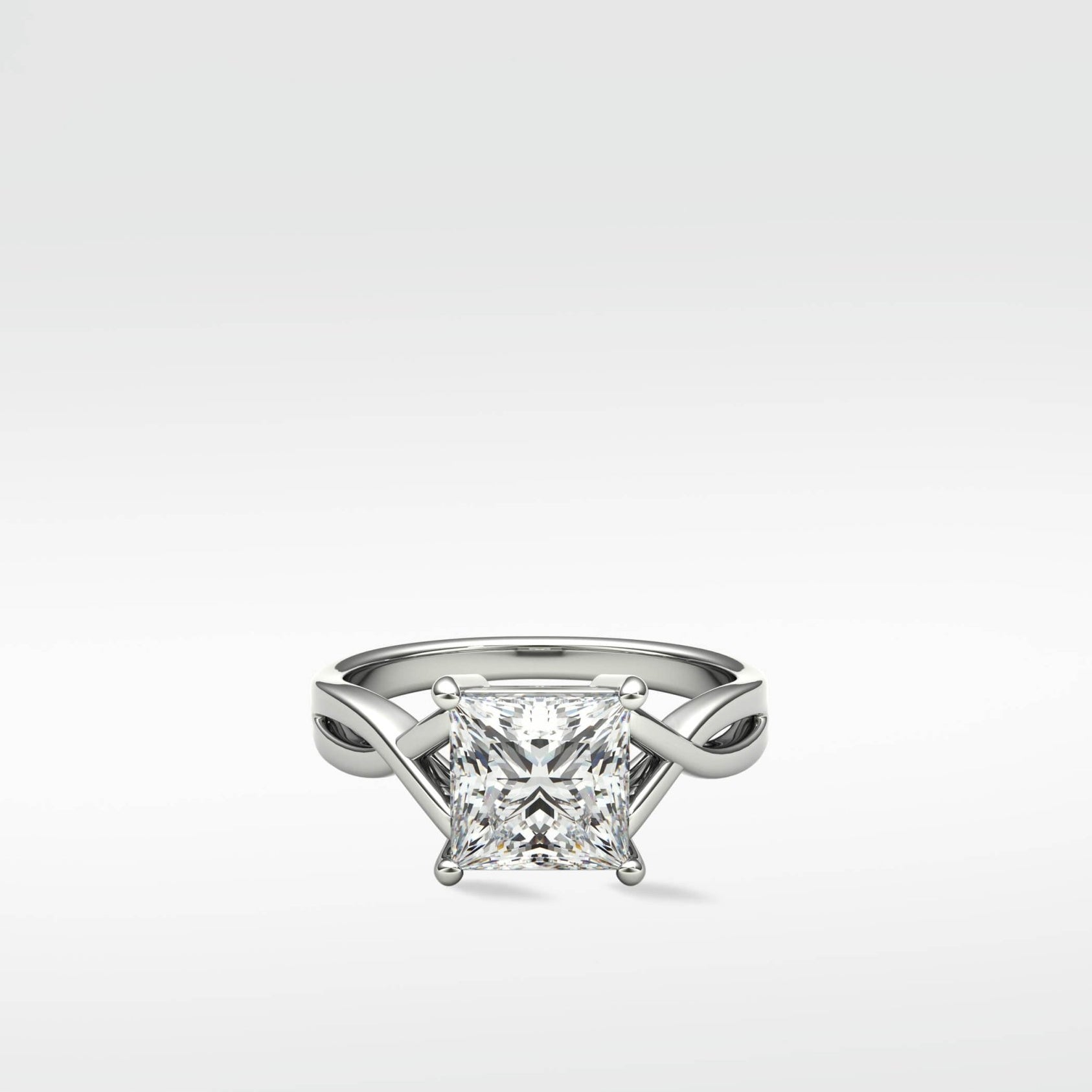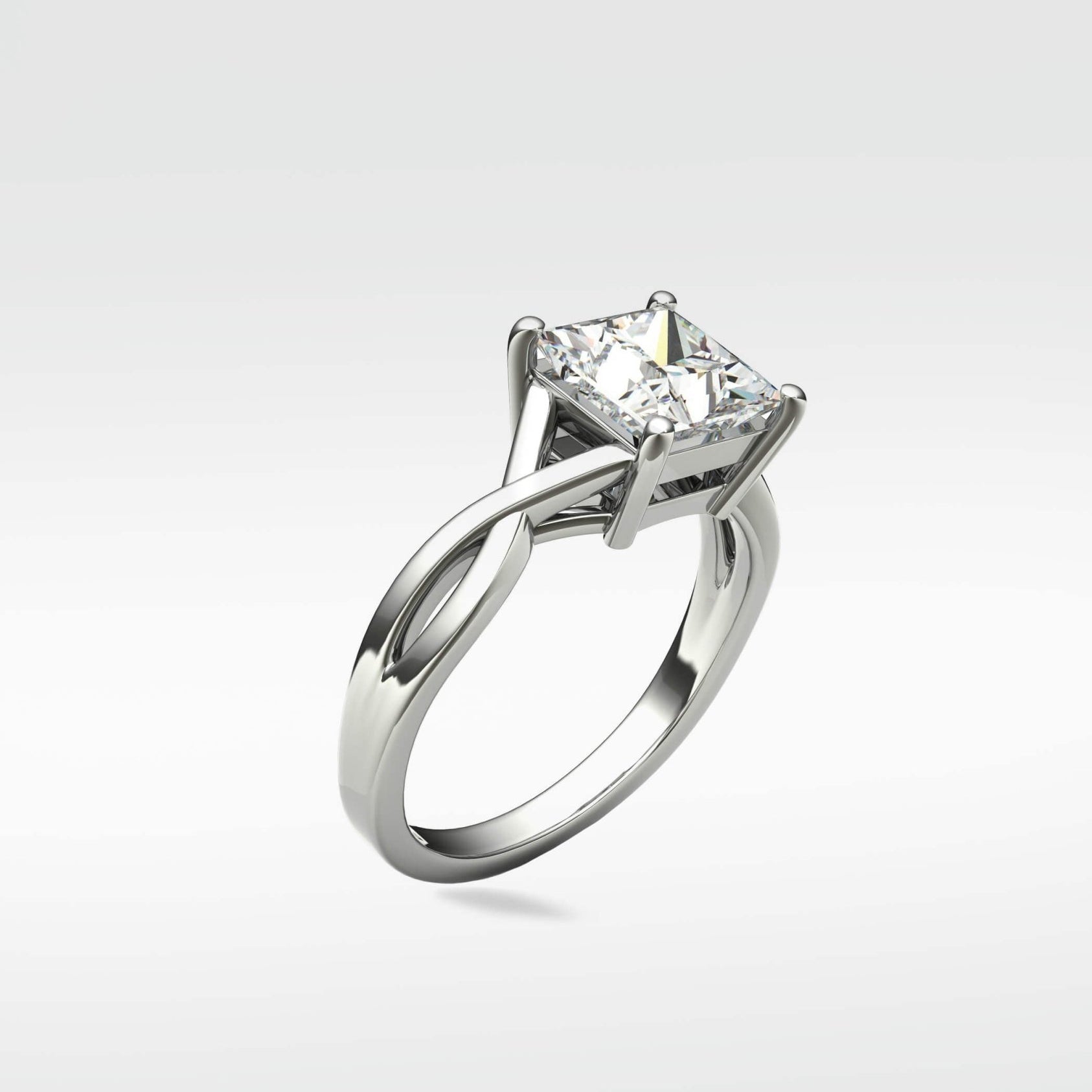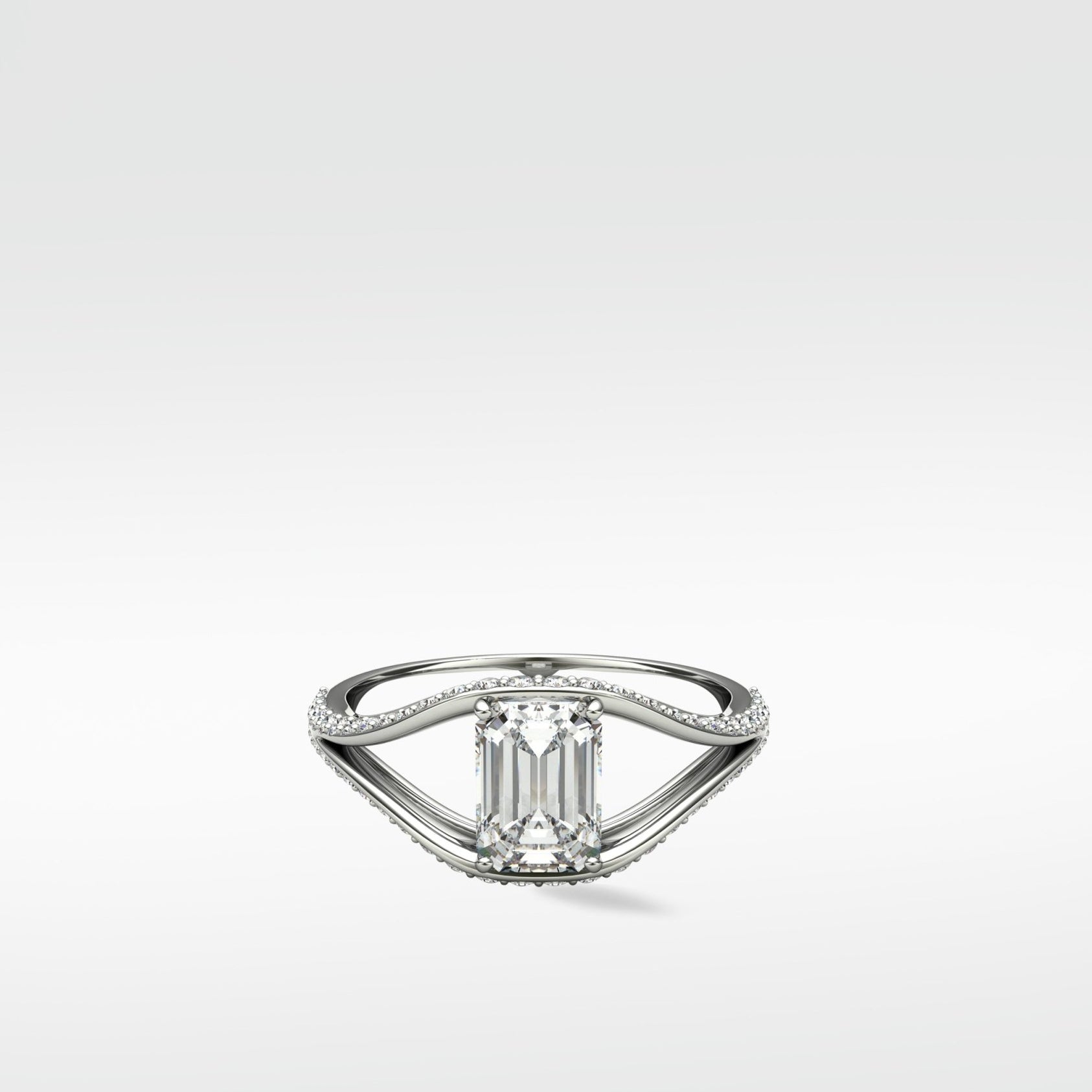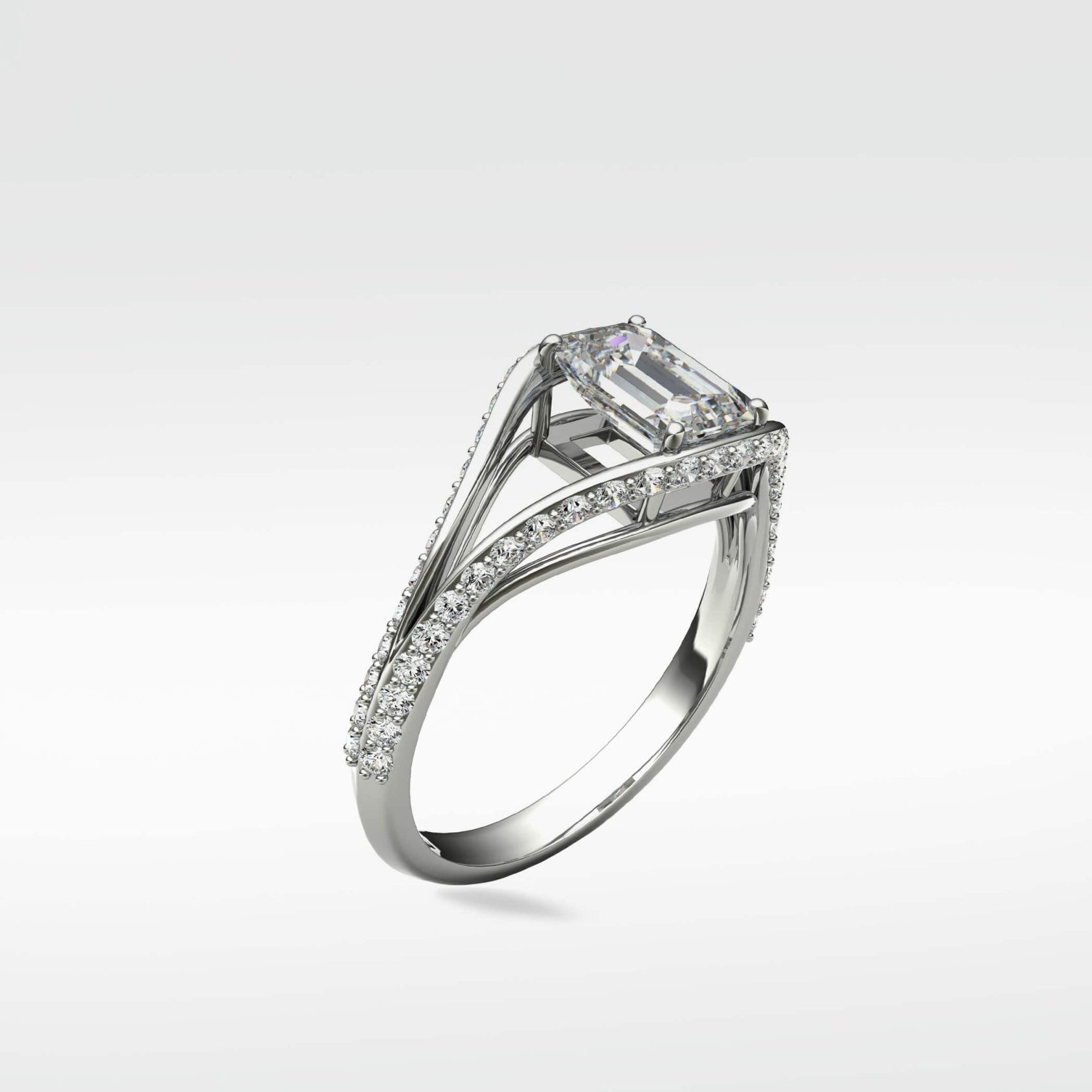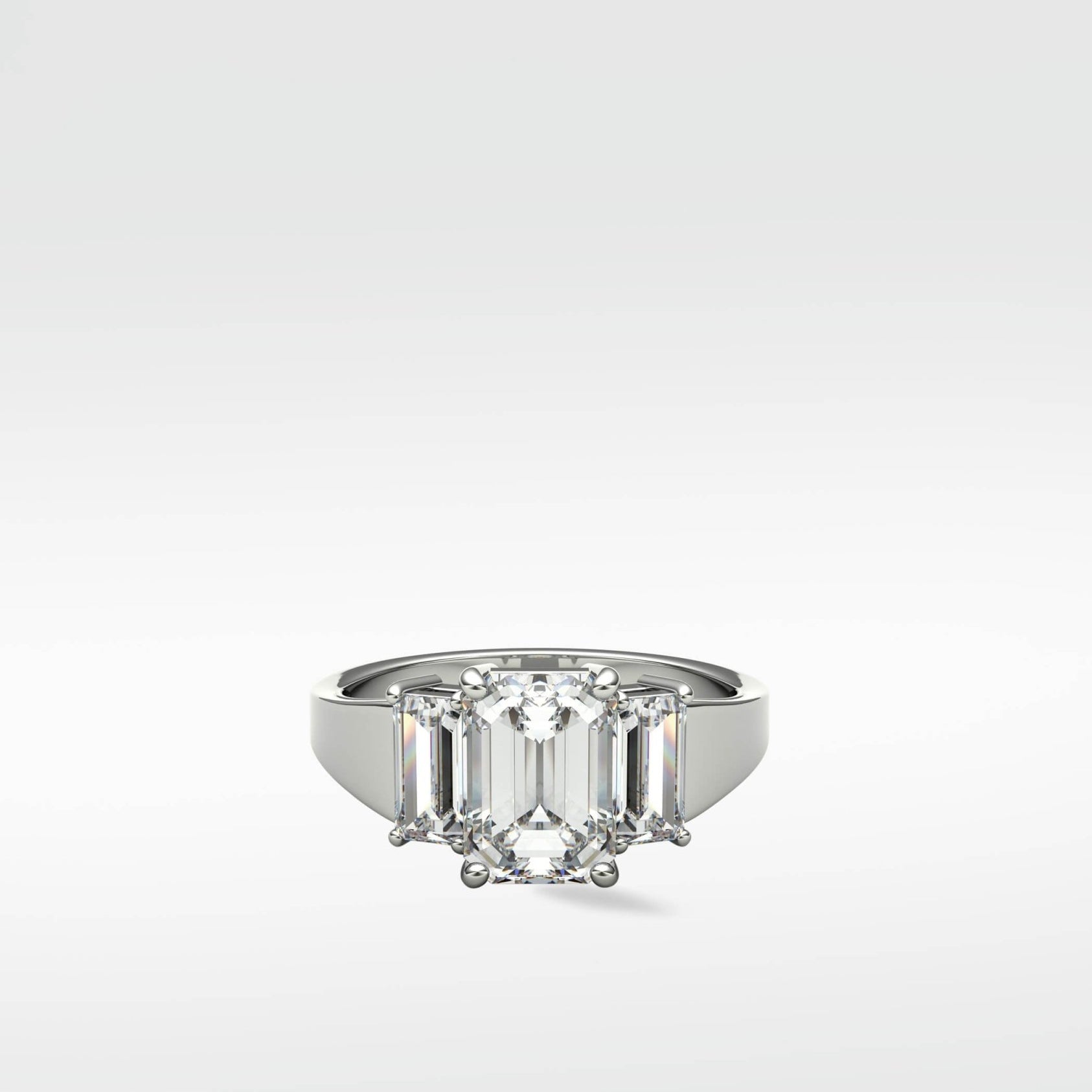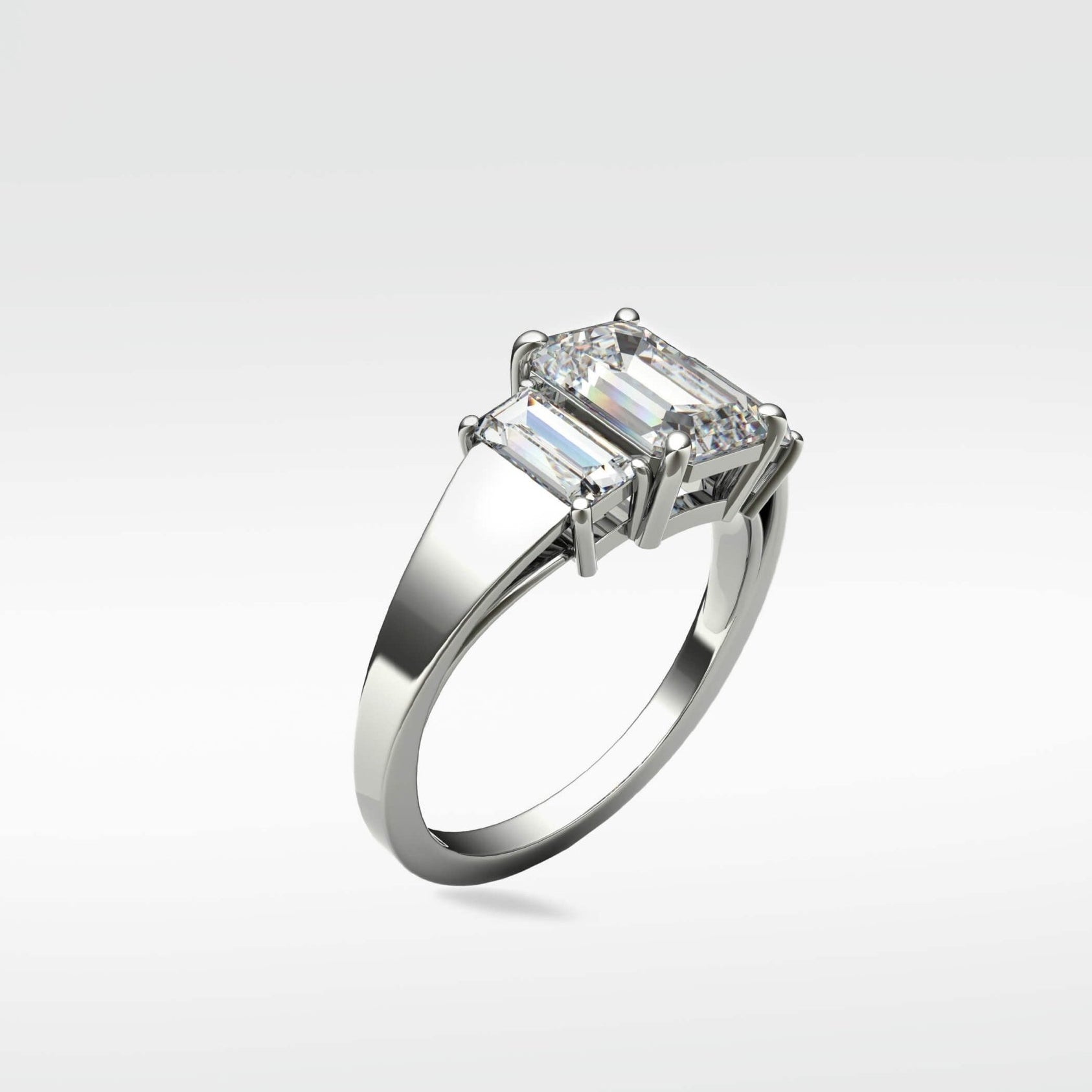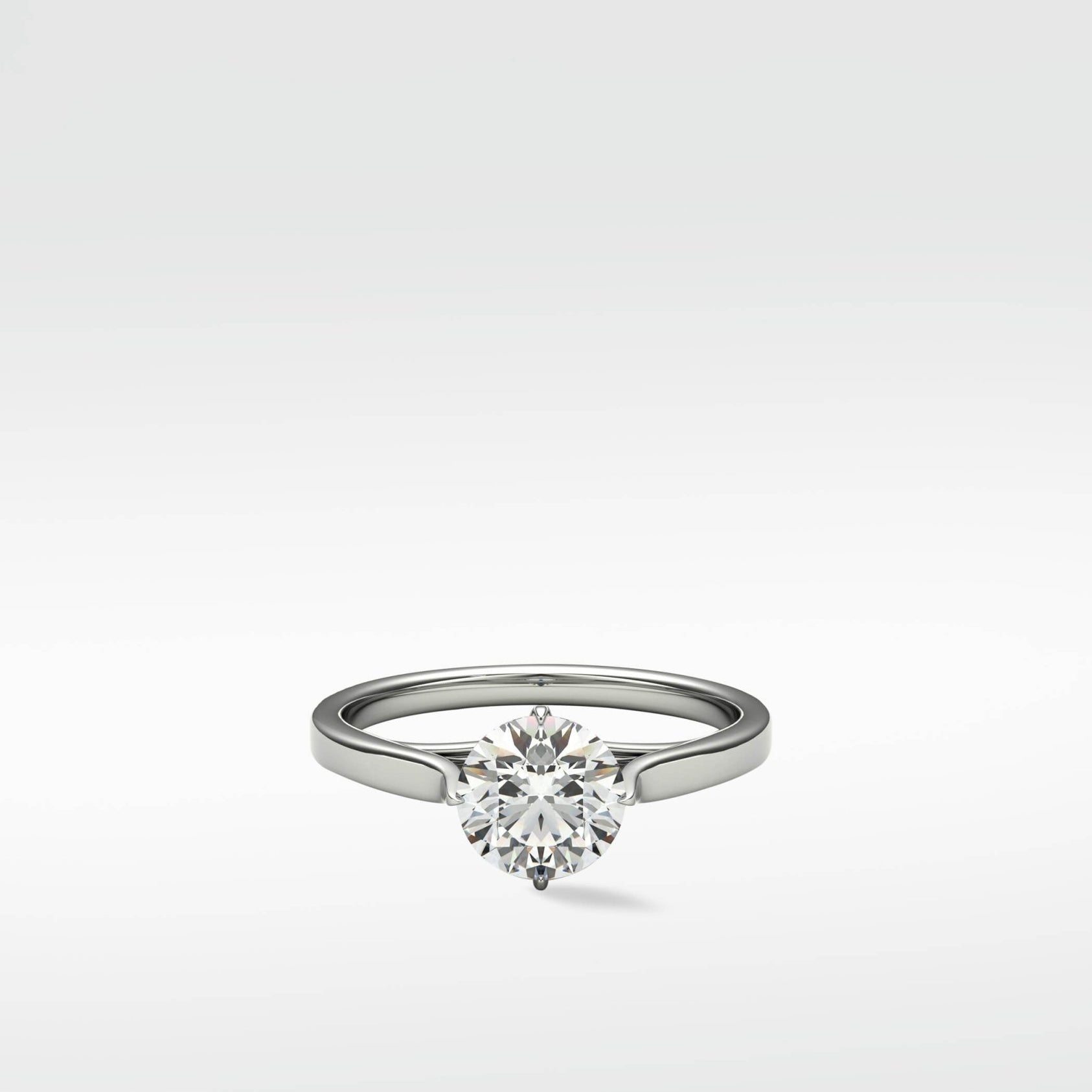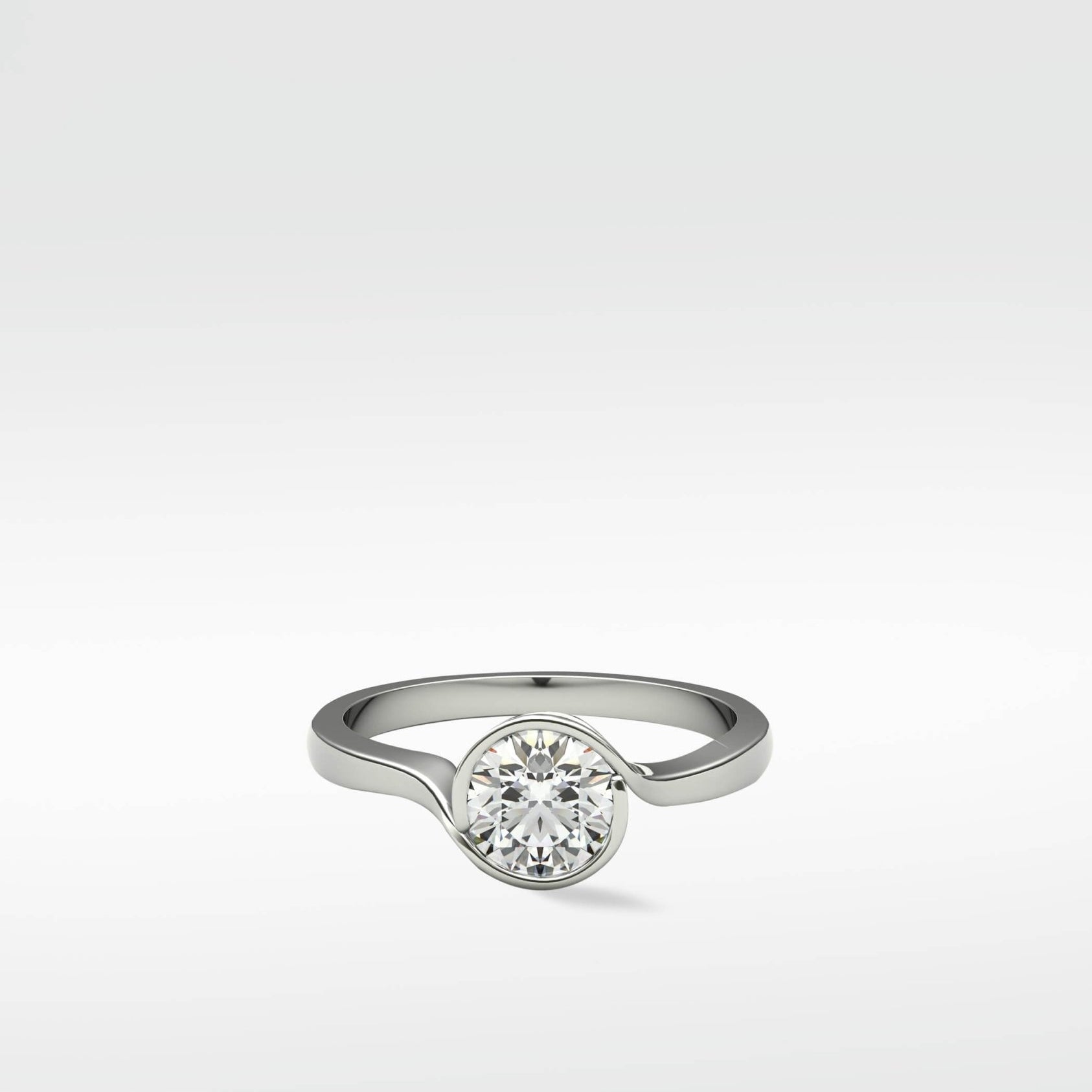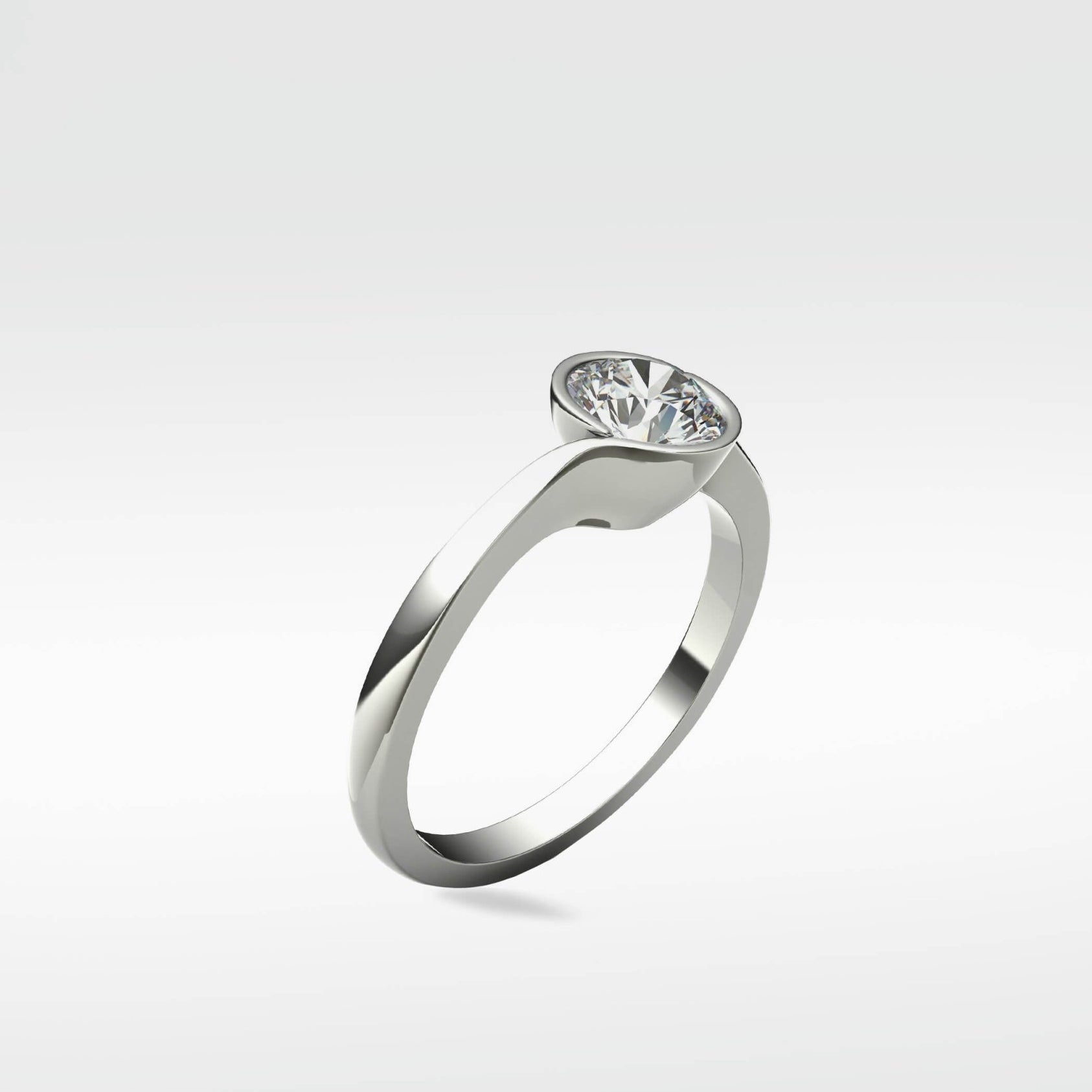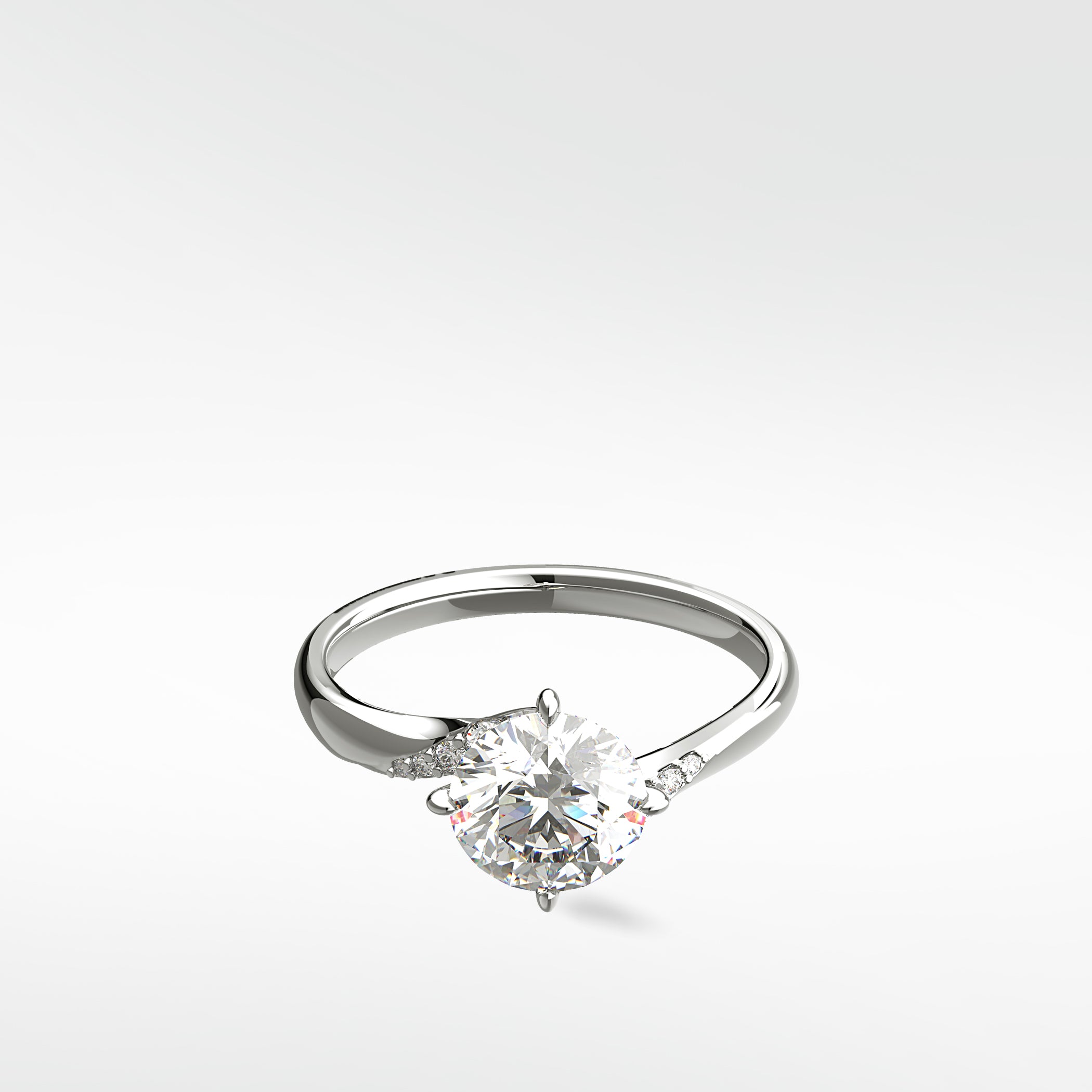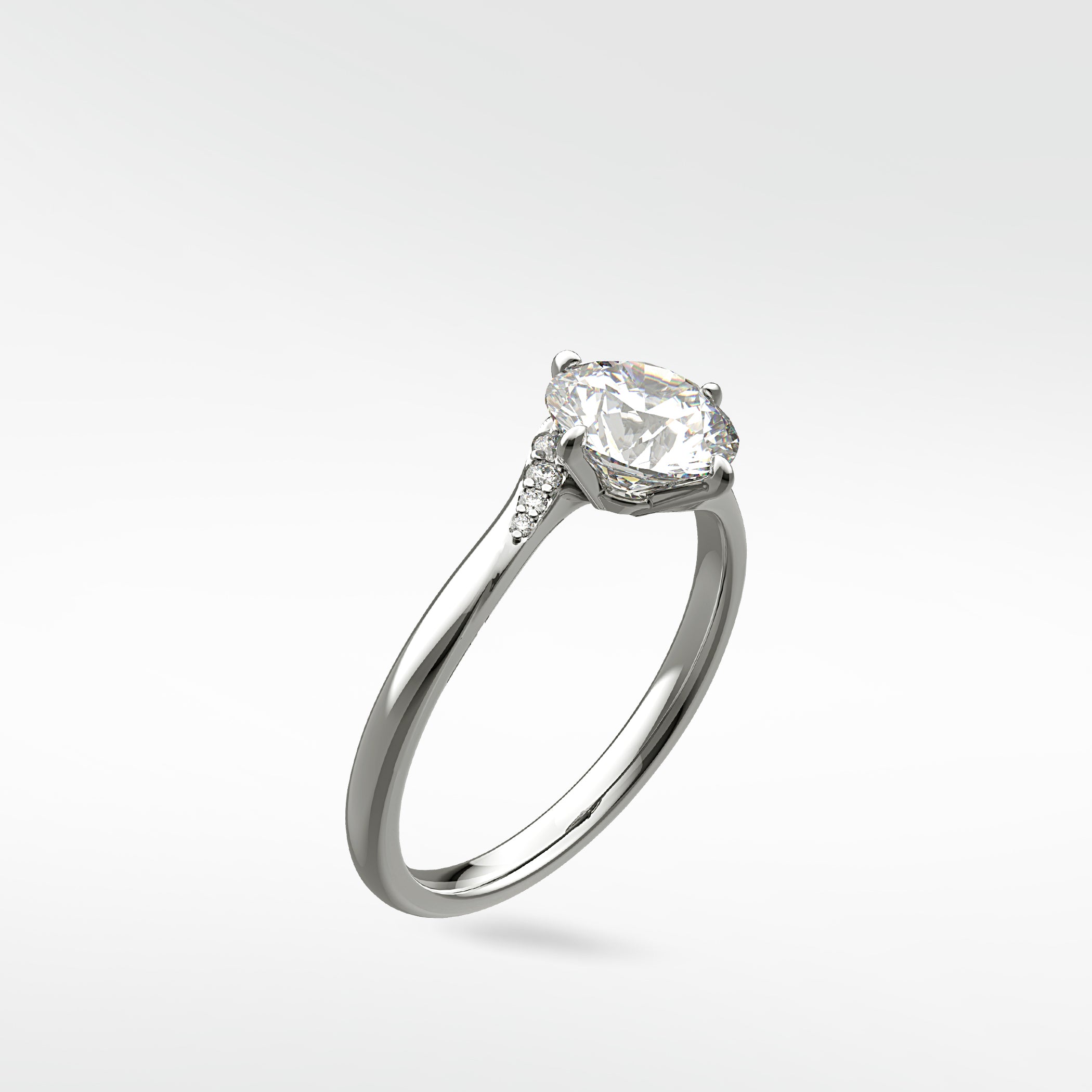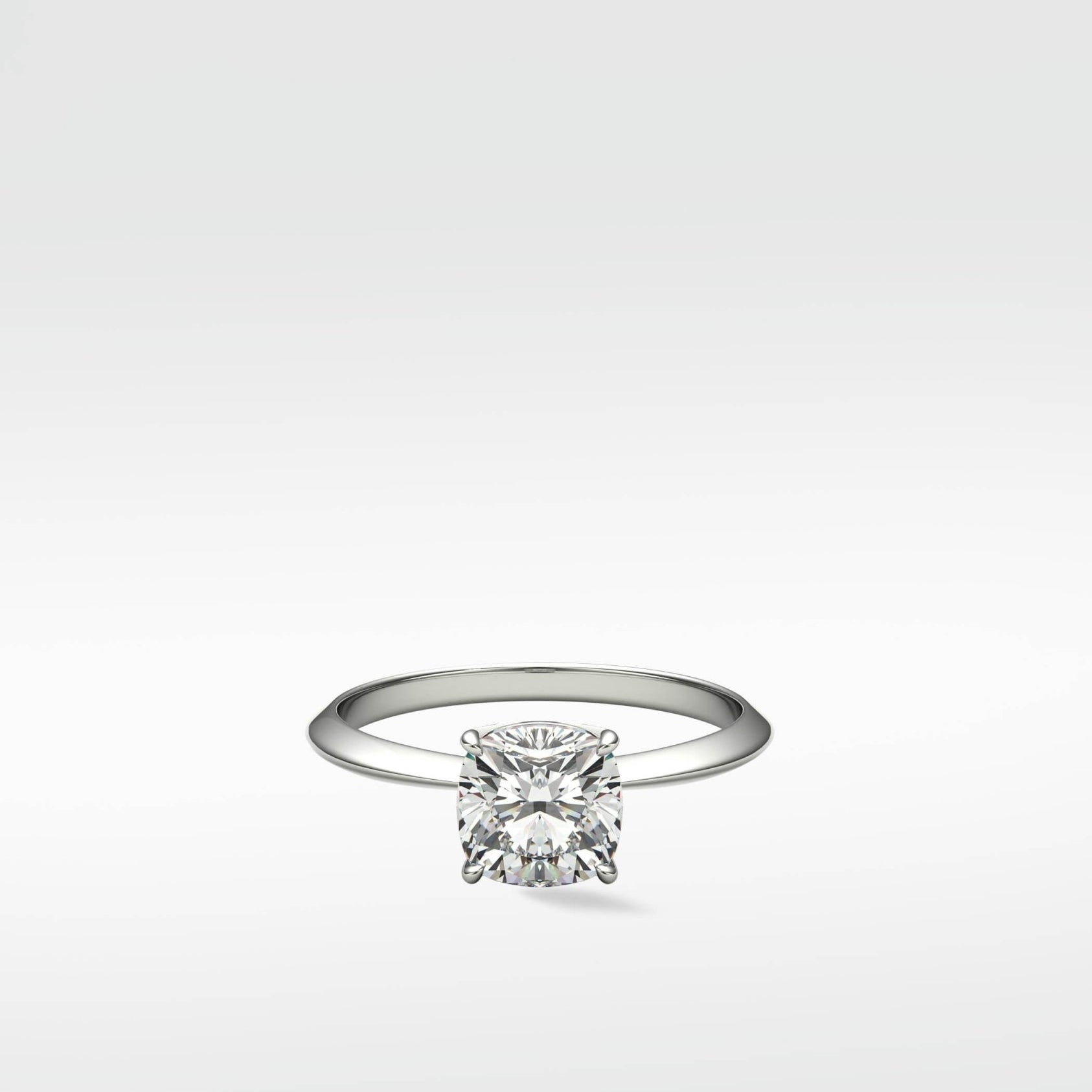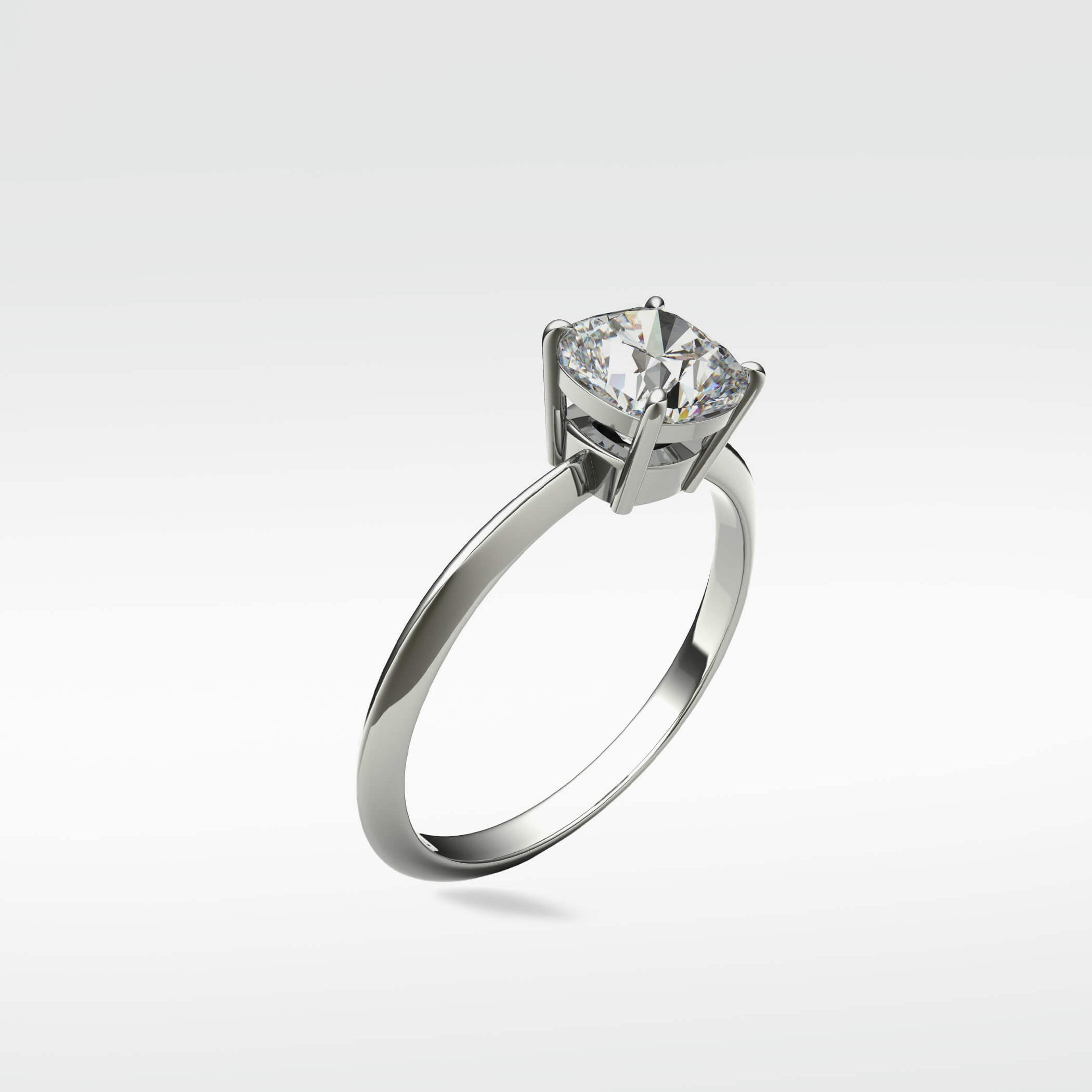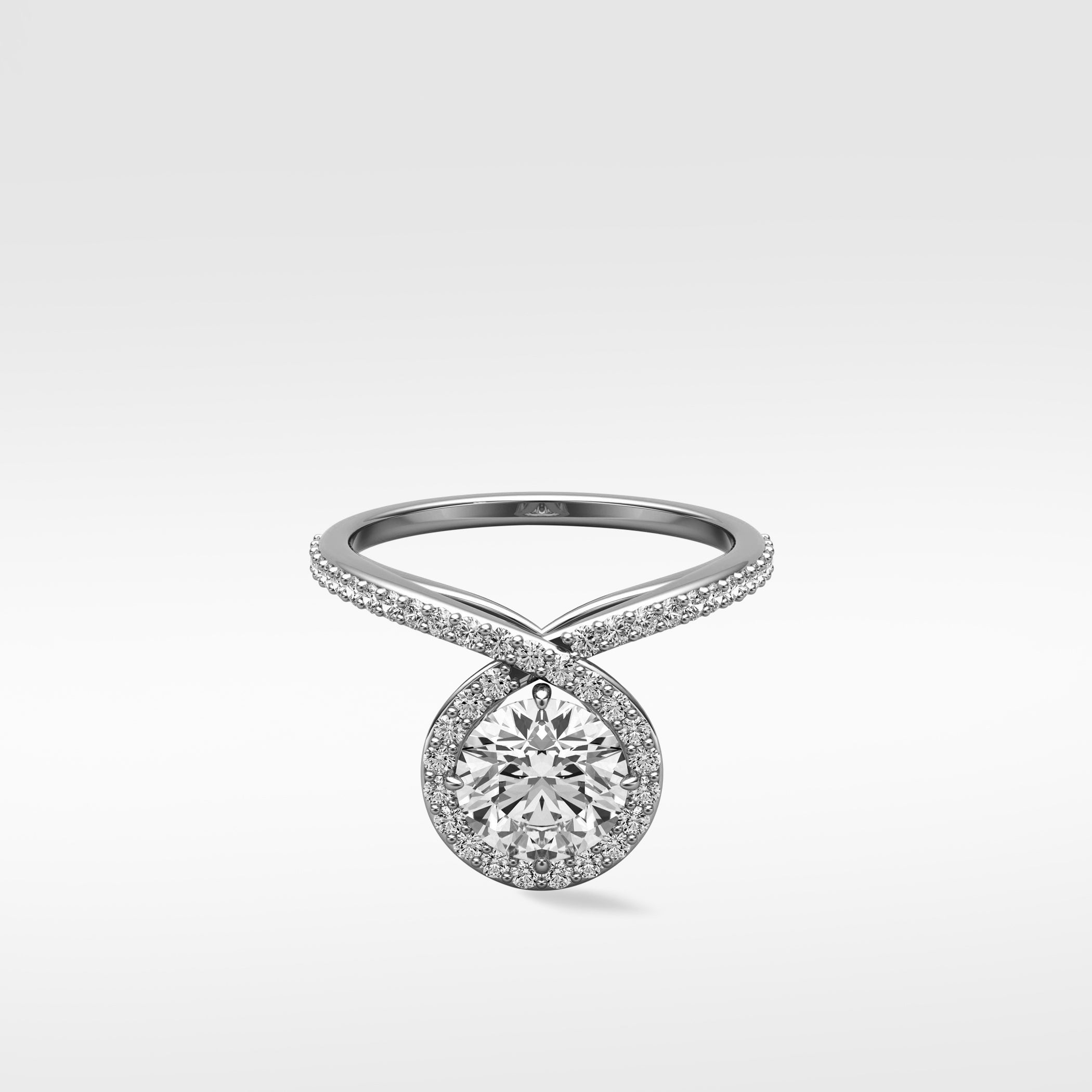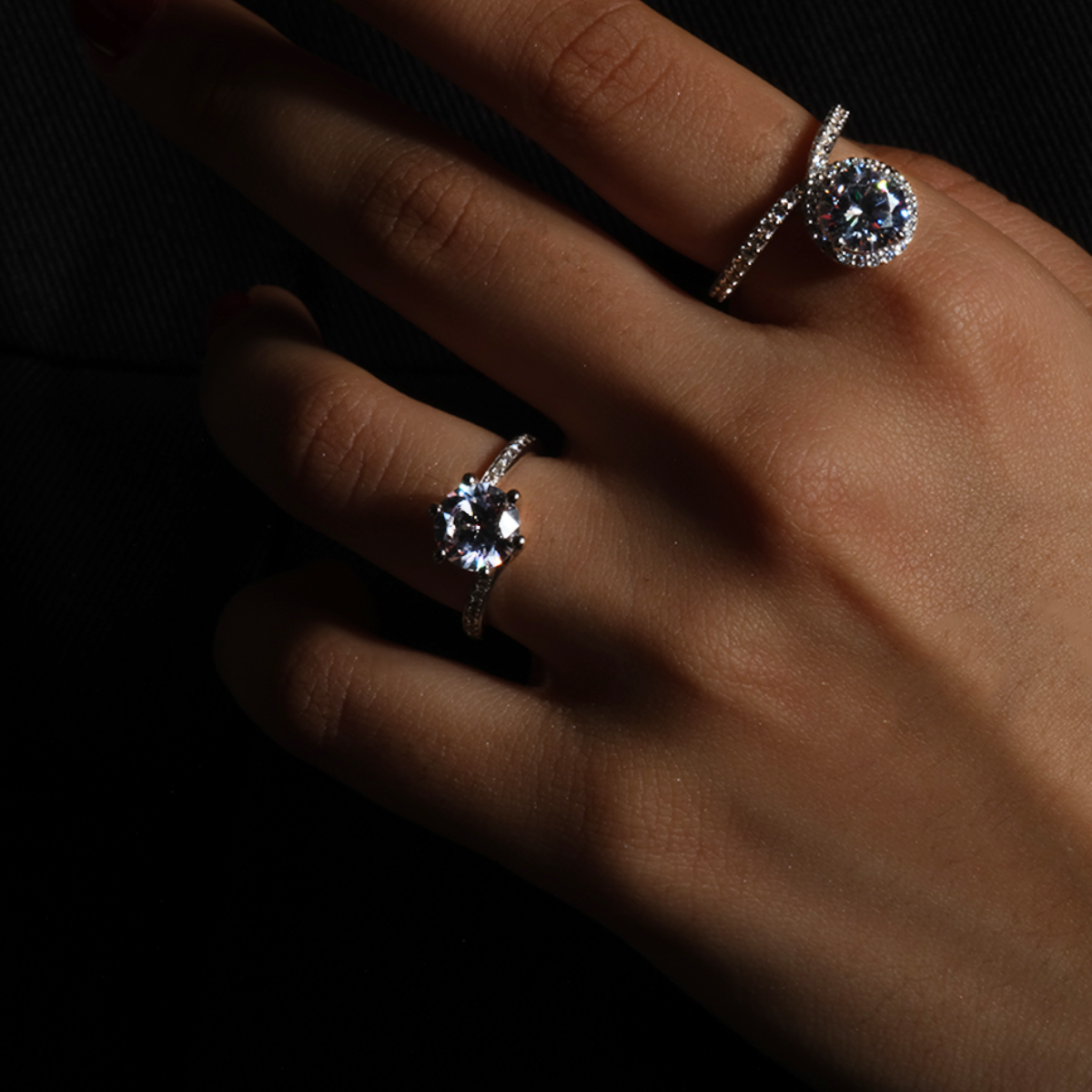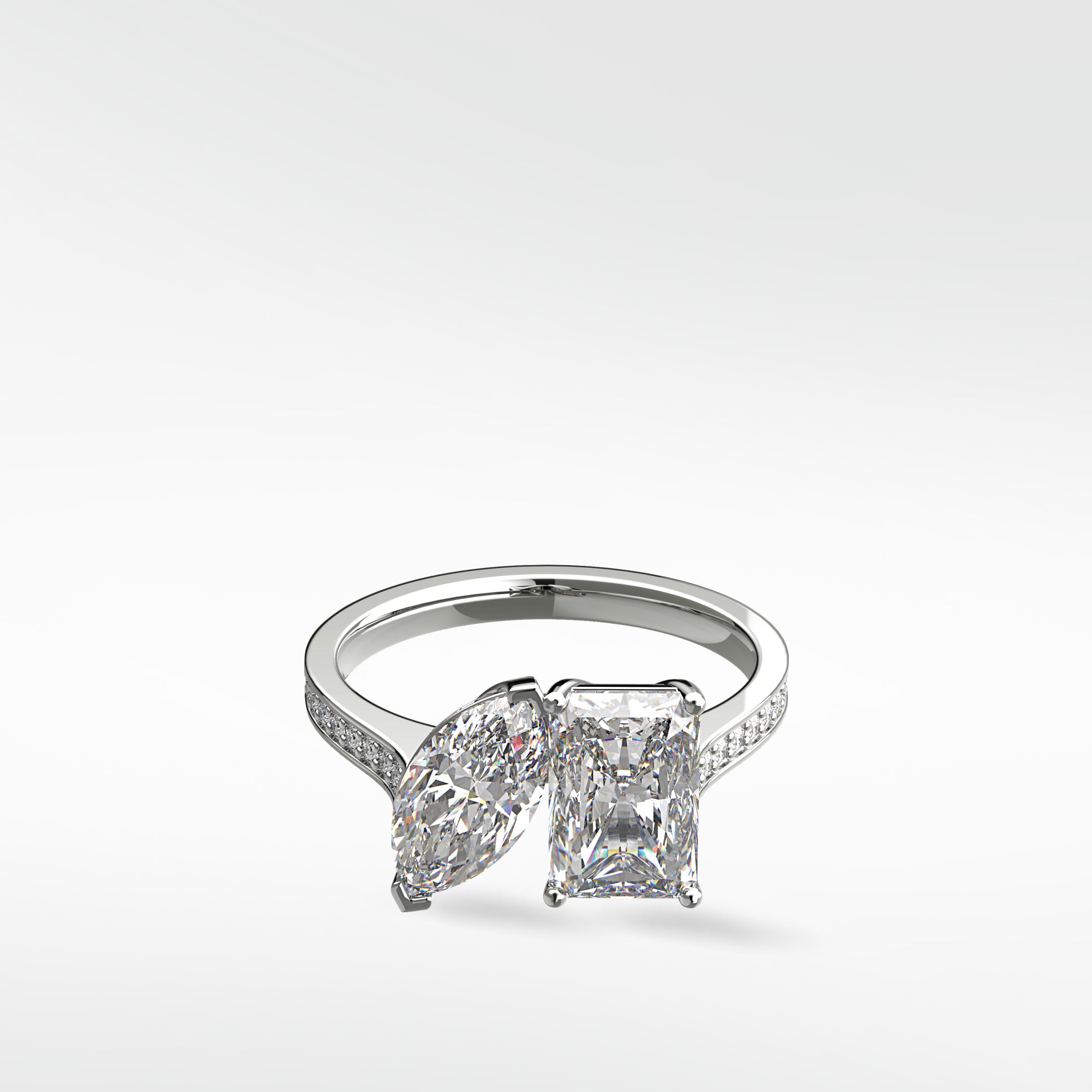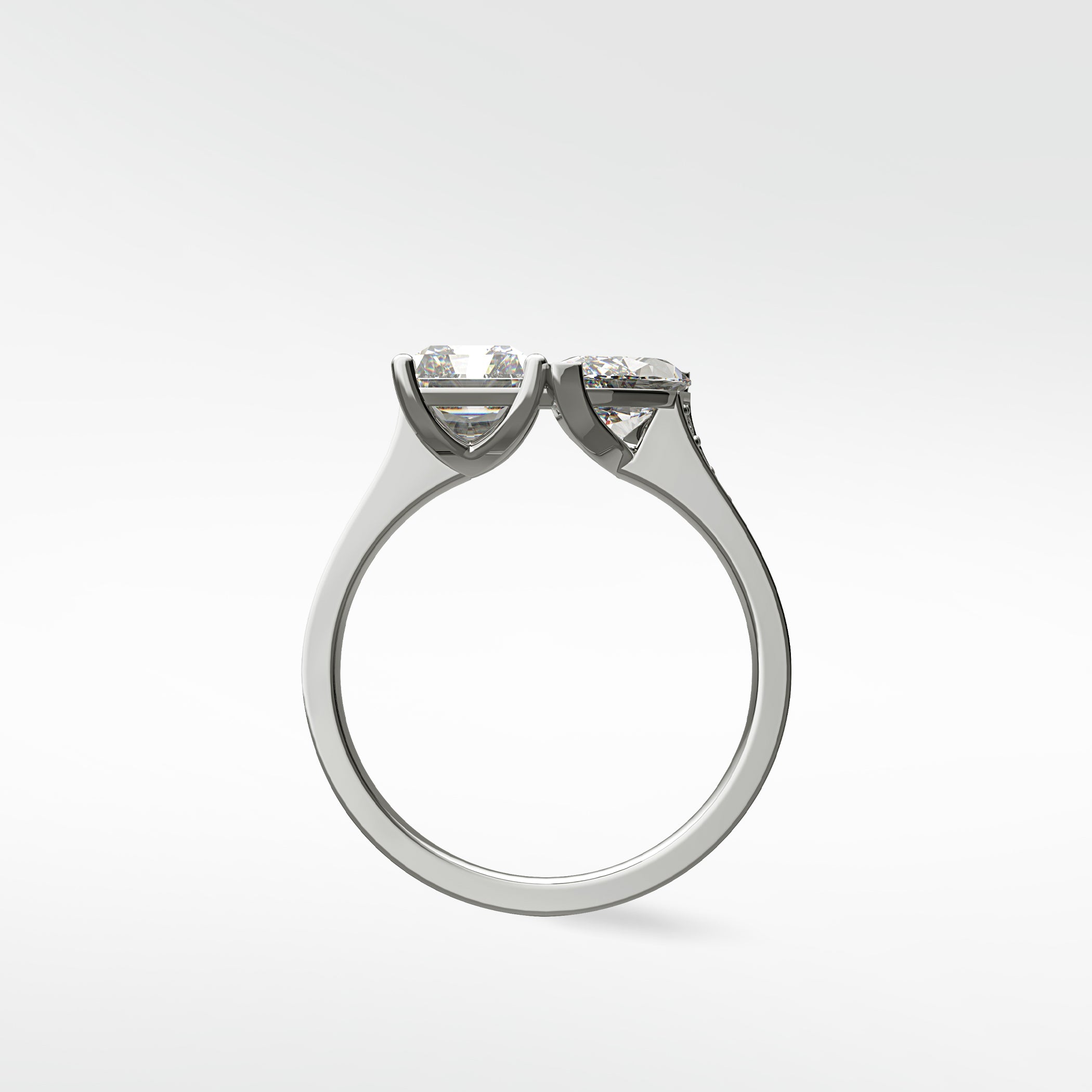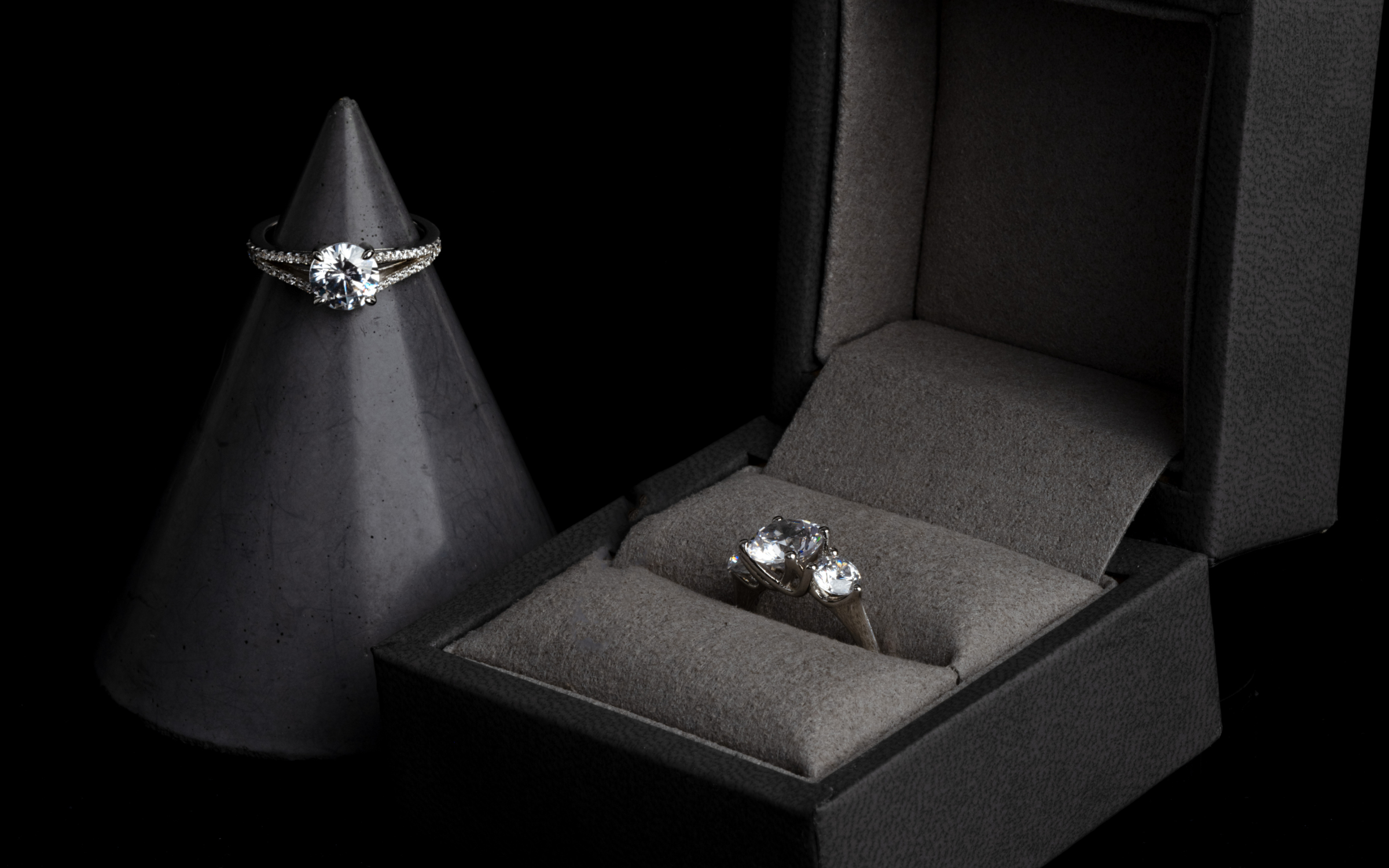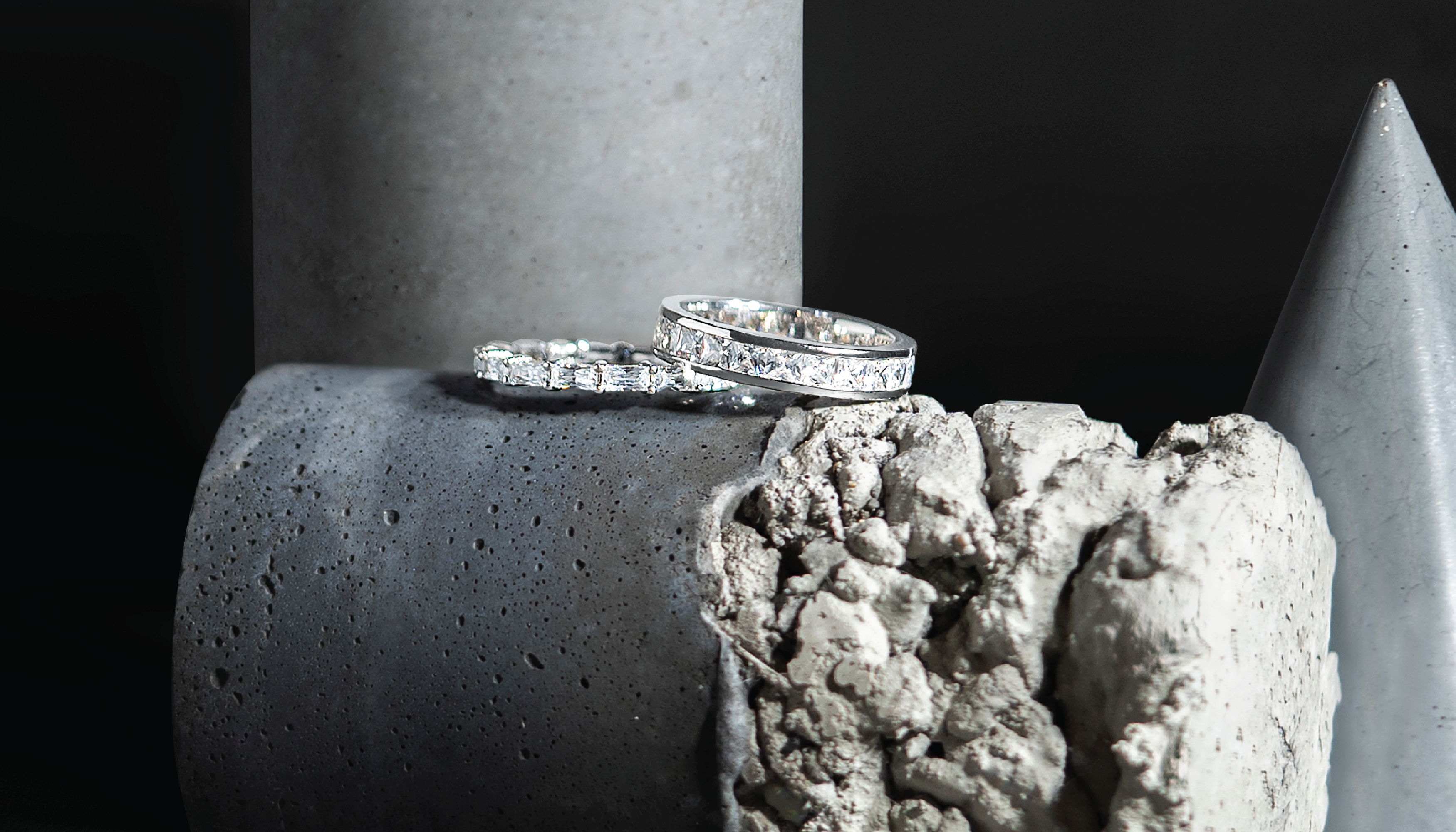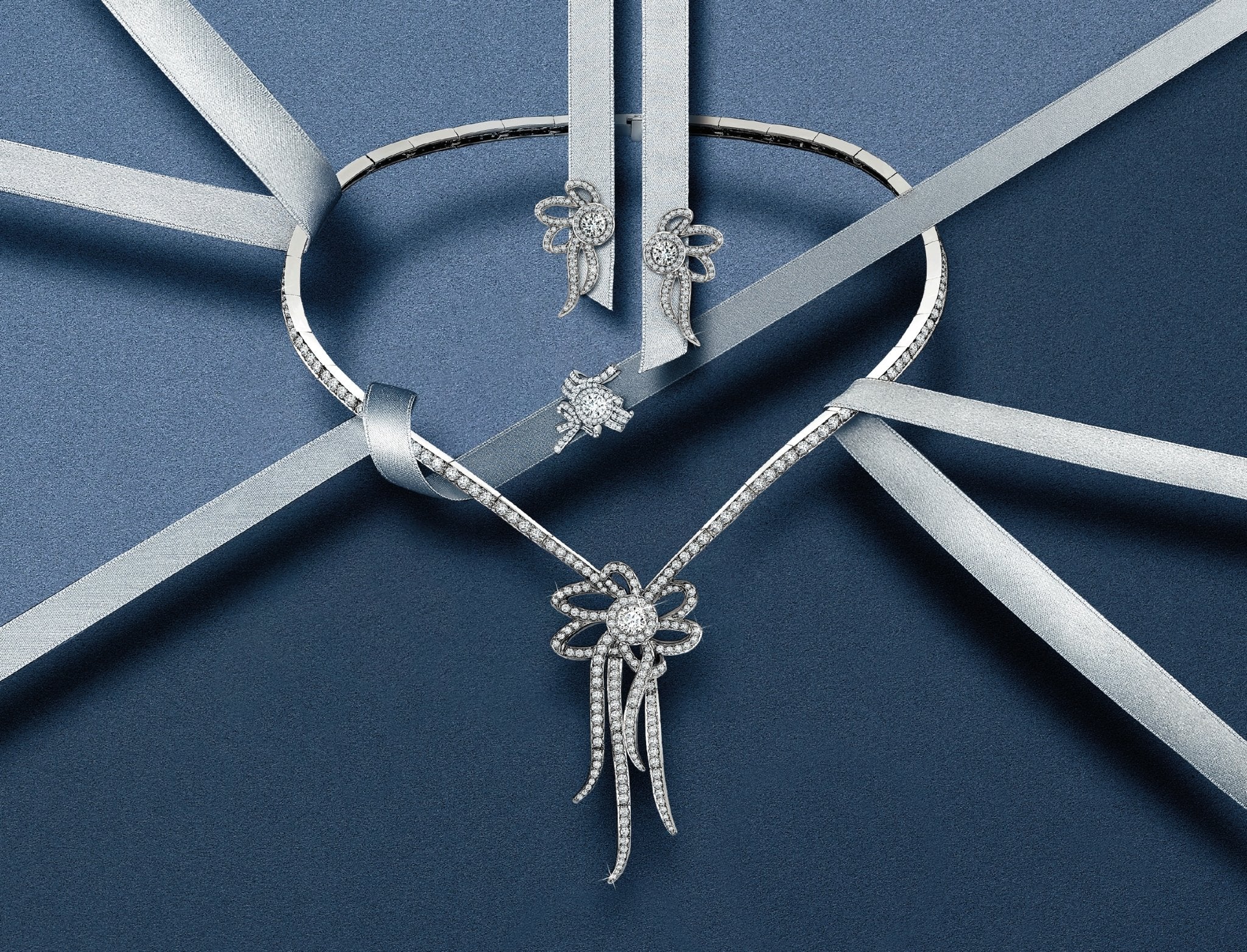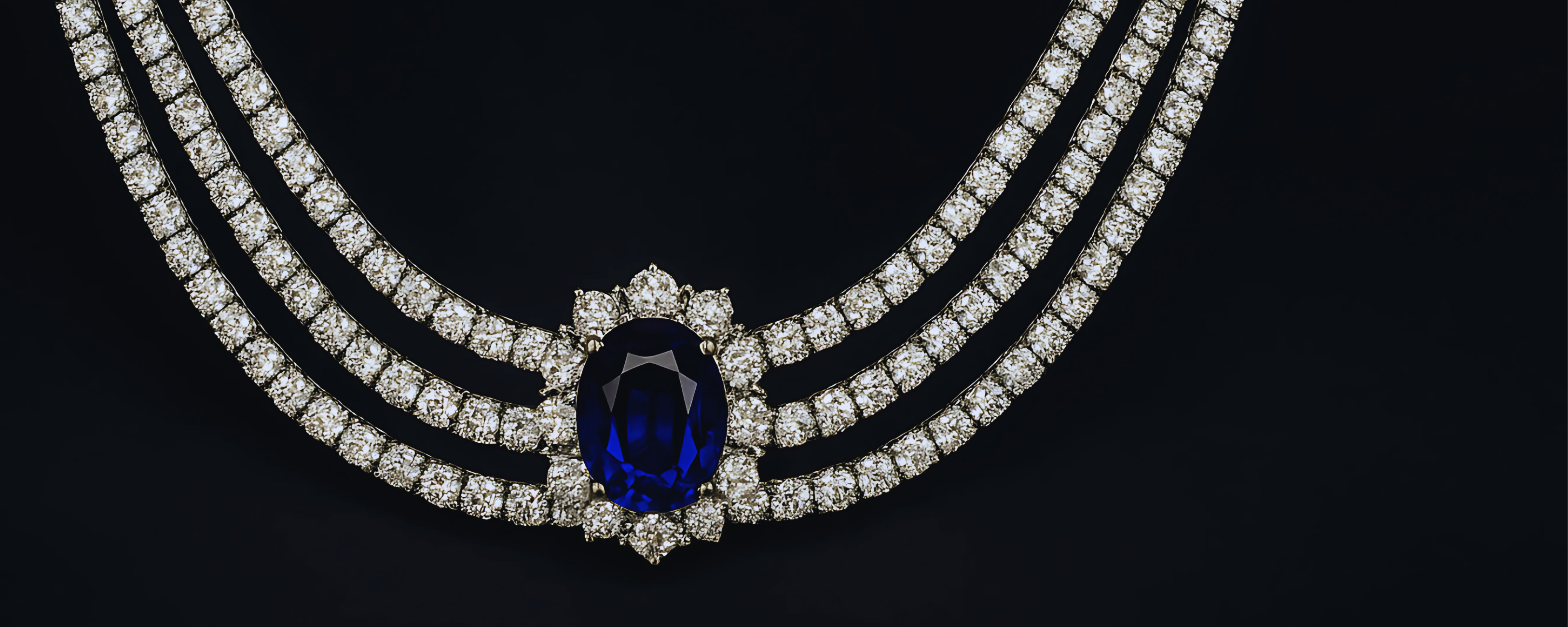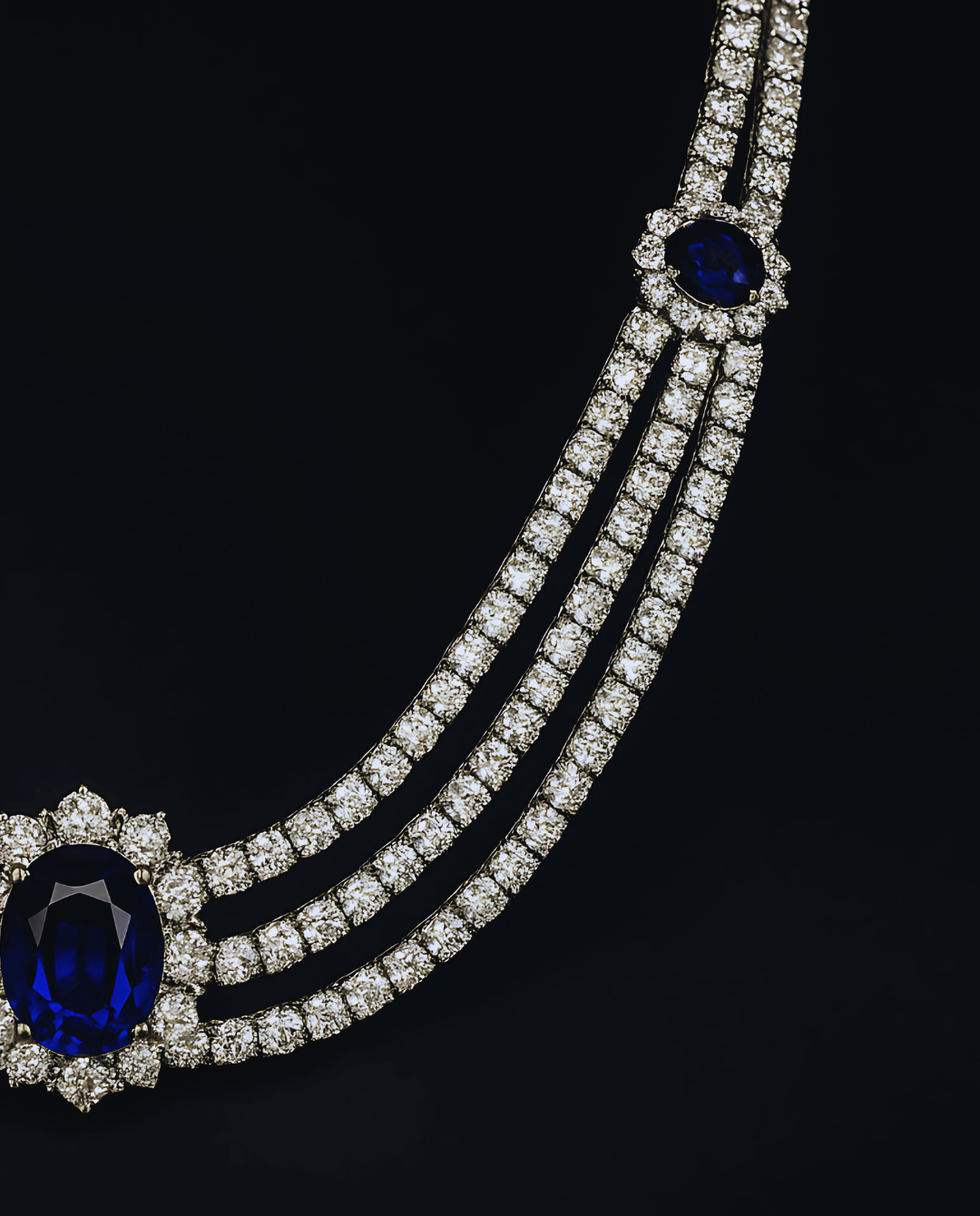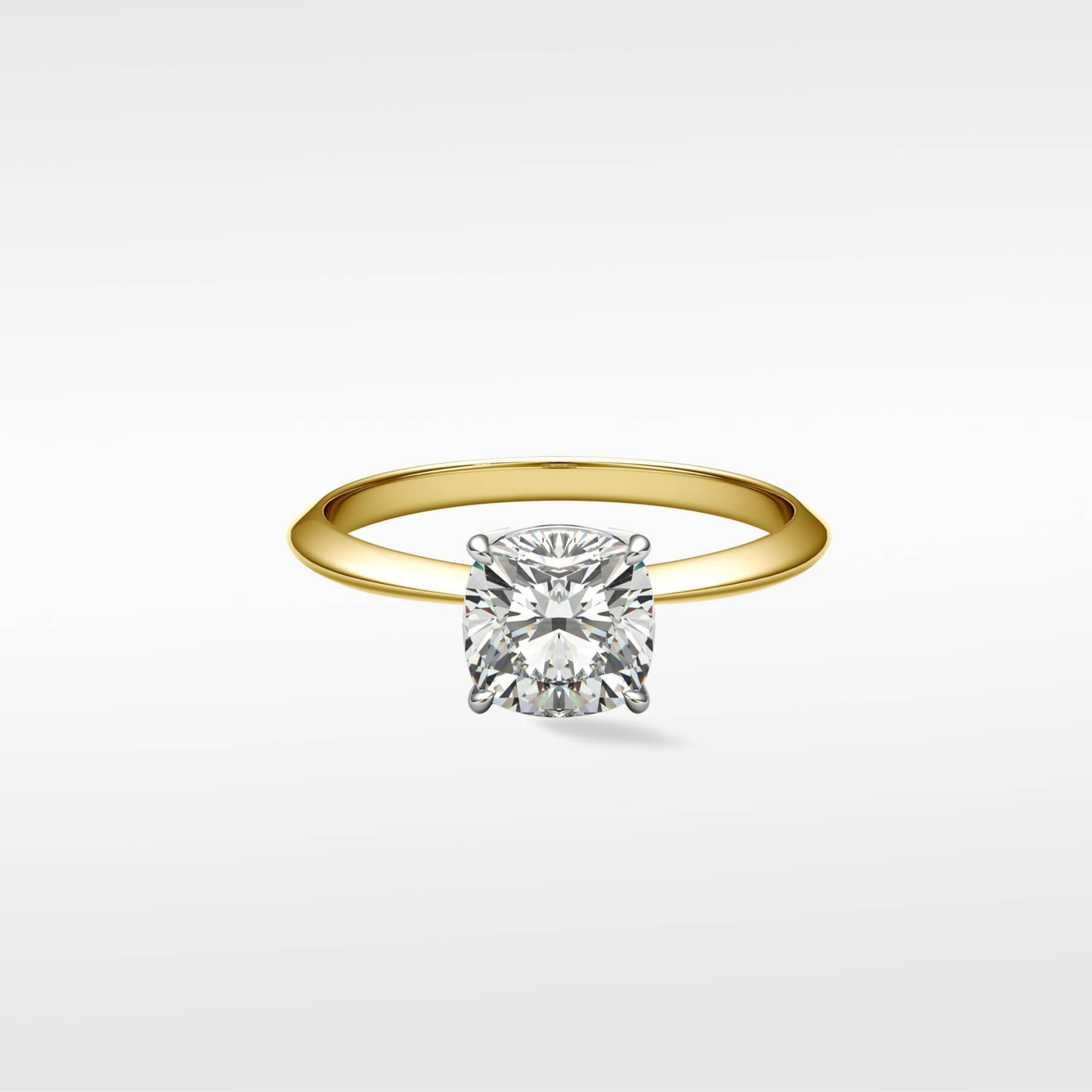
Yellow Gold Engagement Rings
Yellow gold engagement rings exude evergreen elegance, making them a cherished choice for many. At Lark & Berry, our collection of yellow gold engagement rings and bands features expertly crafted designs that seamlessly blend classic charm with modern sophistication.
Each yellow gold diamond ring is designed to showcase the warm, radiant hue of yellow gold, providing a stunning backdrop for our lab-grown diamonds and gemstones. Whether you prefer minimalist or intricate settings, our yellow gold engagement bands offer a perfect balance of tradition and contemporary style.
START CREATING YOUR ENGAGEMENT RING
Yellow Gold Ring FAQ
What is yellow gold?
Yellow gold is an alloy made by blending pure gold with metals like copper and silver. This combination not only increases the durability of the metal but also gives yellow gold its signature warm, rich hue. The specific shade can vary based on the metal ratios, but yellow gold always exudes a classic luxury that makes it ideal for jewellery like yellow gold engagement rings and yellow gold diamond rings.
Yellow gold comes in different karat weights, which indicate the percentage of pure gold in the alloy. For example, 24k gold is pure gold, but it’s too soft for most jewellery applications. More commonly used are 14K yellow gold, which is 58.3% pure gold, and 18K yellow gold, which is 75% pure gold. Higher karats result in a richer colour but also a slightly softer metal, perfect for crafting yellow gold engagement bands.
Historically, yellow gold has been revered for centuries, symbolising wealth, power, and timeless beauty. This enduring appeal makes yellow gold engagement rings a favourite for those who value both tradition and elegance in their jewellery.
What gemstones work well with yellow gold engagement rings?
Yellow gold engagement rings are incredibly versatile and complement a broad spectrum of gemstones. The warm, rich tone of yellow gold enhances the brilliance of classic gemstones like diamonds, sapphires, and rubies. A yellow gold diamond ring, for example, showcases the diamond’s sparkle against the gold’s warmth, while sapphires and rubies add vibrant colour that beautifully complements yellow gold.
The flexibility of yellow gold also allows for diverse design options. Whether you choose a simple solitaire, a halo setting, or intricate yellow gold engagement bands, yellow gold works well with various gemstone colours and settings, allowing for a personalised touch.
For a striking visual impact, gemstones like emeralds and amethysts offer a dramatic contrast with yellow gold. The deep green of emeralds and the vibrant purple of amethysts stand out against yellow gold, creating a stunning yellow gold engagement ring that captures attention and enhances the overall design.
Are yellow gold engagement rings more expensive than other metals?
Yellow gold engagement rings are generally more affordable compared to metals like platinum and white gold. Platinum, being rarer and denser, tends to have a higher price tag. White gold, which is often alloyed with other metals and requires rhodium plating, can also be more costly due to ongoing maintenance expenses.
The cost of yellow gold engagement rings is influenced by several factors. Gold purity, measured in karats, impacts the price—higher karat weights result in a higher cost. Additionally, the design and craftsmanship of the ring play a significant role; intricate settings and custom designs can increase the overall price.
Despite these variables, yellow gold provides excellent value for money. Whether you choose a yellow gold diamond ring or yellow gold engagement bands, it offers a balance of quality and cost-effectiveness. Yellow gold’s timeless appeal and durability make it a popular choice for those seeking a beautiful, high-quality yellow gold engagement ring without the premium cost of some other metals.
How do I care for my yellow gold engagement ring?
To keep your yellow gold engagement ring in top condition, regular cleaning is key. Clean your yellow gold diamond ring with a mild soap and warm water solution. Soak the ring briefly, then gently scrub with a soft cloth or a brush with soft bristles to remove dirt and restore its shine. Avoid harsh chemicals or abrasive cleaners, as they can damage the gold's finish.
To prevent damage, steer clear of exposing your yellow gold engagement bands to harsh chemicals like household cleaners, chlorine, or perfumes, which can lead to discoloration. Additionally, protect your yellow gold engagement ring from physical abrasion and scratches by removing it during activities that could cause damage, such as gardening or heavy lifting.
Periodic professional cleaning is also crucial. Schedule regular check-ups with a jeweller to ensure your yellow gold engagement ring receives necessary polishing and inspection. This helps maintain its lustre and addresses any loose stones or settings, keeping your ring looking beautiful for years to come.
How durable is yellow gold for engagement rings?
Yellow gold is renowned for its durability but is generally softer compared to metals like platinum. This inherent softness makes yellow gold more prone to scratches and dents, particularly if the ring is exposed to rough conditions. Despite this, yellow gold remains a solid choice for diamond rings when properly maintained.
The durability of yellow gold engagement bands varies with karat weight. Higher karat gold, such as 18K, contains more pure gold, making it softer and more susceptible to wear. In contrast, lower karat gold, like 14K, has a greater proportion of alloyed metals, enhancing its resistance to scratching and wear. For those seeking a balance between durability and gold purity, 14K yellow gold is a popular choice.
Regular maintenance is essential to keep your yellow gold engagement ring in optimal condition. Routine cleaning and periodic professional inspections can address minor scratches and ensure the ring remains beautiful over time. Proper care will help preserve the durability and appearance of your yellow gold engagement rings for years to come.
Will yellow gold tarnish or change colour over time?
Yellow gold engagement rings are less likely to tarnish compared to other metals. Its resistance to oxidation makes it a durable choice for yellow gold engagement rings and yellow gold diamond rings. However, over time, yellow gold can develop a natural patina, which is a subtle change in appearance due to regular wear and environmental exposure.
Exposure to harsh chemicals, such as household cleaners, chlorine, or perfumes, can cause slight alterations in the colour of your yellow gold engagement band. Environmental factors like humidity or salt may also contribute to minor changes in the appearance of yellow gold.
Fortunately, any discoloration or patina on your yellow gold engagement ring can be professionally addressed. A jeweller can polish and restore your yellow gold diamond ring to its original shine and colour, ensuring it remains beautiful and radiant. Regular maintenance and prompt attention to any changes will help preserve the timeless appeal of your yellow gold engagement bands.
Is yellow gold hypoallergenic?
Yellow gold engagement rings are generally considered hypoallergenic, making them less likely to cause allergic reactions compared to other metals. However, the hypoallergenic properties of yellow gold can vary depending on the specific alloy used in the yellow gold engagement ring.
Yellow gold is an alloy created by combining pure gold with metals like copper and silver. While pure gold itself is highly unlikely to cause allergic reactions, some individuals with metal sensitivities may react to the alloyed metals in yellow gold engagement bands or yellow gold diamond rings. The alloy components can sometimes trigger sensitivities, leading to discomfort or irritation.
If you have concerns about allergies, hypoallergenic options are available. Consulting with a jeweller can help you select yellow gold engagement rings made with alloys designed to minimise allergic reactions. Alternatively, consider hypoallergenic metals such as platinum or high-purity gold alloys, which are often well-tolerated by those with sensitivities.
Cart
No more products available for purchase
May Member-Only Specials
- 20 % Off Icons Collection
Limited to current stock – shop icons while they last. - Complimentary 1 ct TW Diamond Studs
Free with any tennis bracelet or necklace purchase. - 1-Carat Diamond Giveaway
First 10 members receive the diamond – setting purchased separately.
Log in or create a complimentary account to unlock these offers.

